THCa flower and concentrates have taken over menus at hemp shops and online retailers by storm - and business is booming. States known for their prohibition of cannabis are now a-flush with flower; and a simple web search yields hundreds of online retailers eager to ship THCa flower to your door. But is THCa federally legal hemp?
While I love a good loophole, the answer is a flat out no. Get popped on the streets with a gram, or if the feds bust down the doors of your CBD shop - you simply can't argue THCa is hemp.
That said no one seems to be enforcing it, or care. With a delay in the release of the updated Farm Bill, "hot hemp" is going to keep selling like hot cakes for the foreseeable future.
But why isn't THCa as legal as it seems? Read on.
What exactly is THCa flower?
High THCa flower is the same best-selling product seen on the shelves at dispensaries in legal cannabis states. All THC dominant type I cannabis is high in THCa, with generally minor amounts of any other cannabinoids. THCa flower and THC flower are the same thing.
The hard-to-swallow reality is that the weed in a California Cookies dispensary boasts the same cannabinoids as the THCa peddled as hemp at a CBD shop in Texas.
Consumers, while eager to imbibe, have been slow to catch on. Internet message boards are ablaze with praise for this "new" cannabinoid. Retailers continue to feed the fire with billboards and blogs advertising the similar but federally legal sibling to traditional THC. Lawmakers have turned a blind eye and private and public postal workers continue to pack thousands of pounds across state lines completely uninterrupted. News flash, THCa is not new. And it certainly isn't federally legal.
On the bright side, the cat is out of the bag. High THC cannabis is now easier accessed in non-legal states than those with adult use policies. No pesky purchasing or potency limits, crippling taxes, seed to sale tracking, or need for expensive pesticide, heavy metal, or fungal pathogen testing. That stuff is for suckers.
How did THCa become "legal"?
In 2018 the US Farm Bill legalized hemp cultivation and sales for licensed farmers and retailers. This opened up sales of hemp products with less than 0.3% Delta 9 THC by weight.
Delta 9 THC is the compound that gets consumers high and it barely shows up on lab reports from THCa flower.
The irony lies in that cannabis plants do not naturally produce Delta 9 THC. Cannabis plants only produce the acid forms of cannabinoids, i.e. THCa, CBDa, THCVa, CBGa, CBDVa etc.
This is why when you consume raw cannabis, it won't give you the high you are shooting for - its just THCa.
Then where does Delta 9 come from?
Intoxicating Delta 9 THC is converted from THCa through the chemical process commonly known as decarboxylation. The main catalyst for this conversion is heat.
Light up a joint or fire up a bowl and the flame changes the THCa to a cloud of Delta 9. Craft up some canna-butter over a hot stove and decarboxylation strikes again.
Small amounts of THCa are also converted during drying, trimming, handling, aging of flower, and exposure to UV light. Also, extraction labs intentionally convert THCa to D9 for edibles/drinkables/etc.
For flower, the handling/aging/heat exposures are what make the Delta 9 that shows up in lab reports. Most legitimately tested flower will show between 0.1-1% D9. The quicker after harvest the flower is tested, the lower the D9.
What does it take to sell THCa flower?
A simple laboratory analysis that shows the flower at one point had less than 0.3% Delta 9 is all that shops and online retailers use to prove the legality of their products.
For producers, the easy route to riches is to rush a fresh flower off to a lab for analysis before any of that precious THCa converts. Its so simple. Keep flower in a dark, cool spot before its tested and it will naturally remain below 0.3% Delta 9 THC.
And as we know from hyper inflated THC numbers plaguing legal states, labs like to give the people what they want. If they provide the numbers needed, everyone gets paid. Science driven by commerce.
What makes THCa illegal?
The 2018 Farm Bill, and the DEA, explicitly state in order for cannabis products to be considered hemp they must contain less than 0.3% Delta 9 post-decarboxylation (i.e. once its heated). This is described as "Total THC" and despite what a pile of money hungry lawyers say - this is how the law is interpreted by the US government. Coincidentally total THC is what is posted on every product sold at dispensaries in legal states
The statement below comes directly from the USDA website regarding what is considered hemp -

Total THC is calculated by multiplying THCa content * 0.877 and then adding the Delta 9 percentage. It sounds confusing, but the labs do the math.
For example, the test results below are from flower being sold as "hemp" online.

According to the DEA and the USDA this flower has 21.739% total Delta 9 THC - not the scant 0.243% accepted by the public. Law enforcement would certainly agree this is not legal flower.
And fast forward to when the "THCA" flower is actually on the shelves. We all know a hefty portion of THCa flower is produced in states like California and Oregon where having a big field won't get you big jail time. In the time it takes to reach states that can't sell legally, it has generally passed through many hands. Flowers often see plenty of sunlight, hit warm temps, and experience a plethora of other opportunities for decarboxylation.
I'd wager to bet 90% THCa hemp on the retail level legitimately has above legal amounts of testable Delta 9. After all 0.3 is a pretty damn small number.
But nobody seems to care.
But who does care?
In most adult use cannabis states, products with over 0.3% total THC are already banned from sales outside of dispensaries. While the control is a nuisance, they do their best to ensure a quality product is bought by the consumer. The taxes, fees, and bureaucratic hurdles on the other hand are certainly fueling the THCa craze and sending producers underground yet again.
The other often overlooked factor prohibiting THCa "hemp" flower is the actual growing of it. In order to be legally considered hemp, all licensed hemp growers must have their flowers sampled 30 days before harvest. The USDA clearly states testing must be conducted for total THC and not just Delta 9.
At 30 days before peak maturity the average THCa variety has at least 3% total THC, 10x's the 0.3% that is federally allowed. There are growers that even report failing testing during vegetative growth - before the plant even goes into flower.
However, industrious growers can always find a way. Some states allow farmers to submit their own samples. Some folks know the person who takes the samples. If you know how to work the system then good on you......but the legitimate hemp growers are just a small piece of the pie and most have been squeezed out by the underground.
So who is growing it?
Most THCa flower is grown in unlicensed facilities and fields where plants are never inspected. Think open market mids.
There are a few bold folks with hemp licenses doing the dirty but the smart ones just completely stay off the radar. This also means there are zero checks and balances on what gets fed to or sprayed onto plants.
And remember it only takes one COA to get into a shop and a grower can re-use the same test results for as many pounds or varieties as they can get away with. COA's can also be photoshopped pretty easily so just because you see one, doesn't mean its legit.
It's the wild wild west.
How long will the loophole last?
The 2018 farm bill technically expired in early 2024 and was supposed to be revisited. Due to internal squabbling and wars in Ukraine and Israel, they put the new farm bill on the back burner. Chances are any changes won't come until late 2024 - and those won't even be enacted until early 2025. State lawmakers could act sooner. That said, there is zero chance the fed's are going to let things slide like they are without getting a bigger piece of the action.
Good news or bad news?
For me personally, the quasi loophole is the best thing that could have happened for cannabis. Its like a grand experiment. Weed is legal where it is the most illegal and society has not crumbled. Cannabis is being sold openly, out of the shadows and back alleys and into the norm. If it continues I'm sure we will see a downward trend of opioid, alcohol, and tobacco addiction that I consider the real killers.
But without any sort of consumer protections in place, I can't see leaving the industry unchecked. There are far too many nefarious actors out there eager to make a quick buck. Doesn't bad 'shine leave you blind? Say nothing of how trashy illegal grows can be.
Why haven't the rules been changed?
While it would seem a quick rule change will happen, there is one other snafu. High CBD plants also produce more than 0.3% total THC in dried and trimmed flower - in fact most hit almost 1%. Technically speaking there is almost no CBD flower on the market that can qualify as "Federally legal hemp". While the chances of the cops throwing you in jail for a gram of CBD flower are pretty slim, it is worth noting that the federal laws are a mess and something has to change.
My money is on changing to rules to state any flower with up to 1% total THC post harvest is hemp. And with cannabis rescheduled - all cannabis could be nationally legal before we know it.
And what about THCa seeds?
Yes, we have THCa seeds, they are no different than THC seeds. Don't let any vendor fool you. Fortunately they are in fact legal hemp, with no testable THCa or D9.
And we've got some incredible varieties, including the industries first triploid and high THCV producers. Consistent, heavy producing, feminized, early finishing, true to type F1's.
If you read this far, use the code THCA and you'll get 20% off your order.
Last but not least, what is Type I cannabis?
Cannabinoid rich cannabis is classified by its dominant cannabinoids, not by its D9 percentages.
Type I cannabis is dominant in THCa
Type II cannabis is high in THCa and CBDa - commonly called 1:1's
Type III cannabis is CBDa dominant
Type IV cannabis is CBGa dominant
Type V cannabis has no cannabinoids

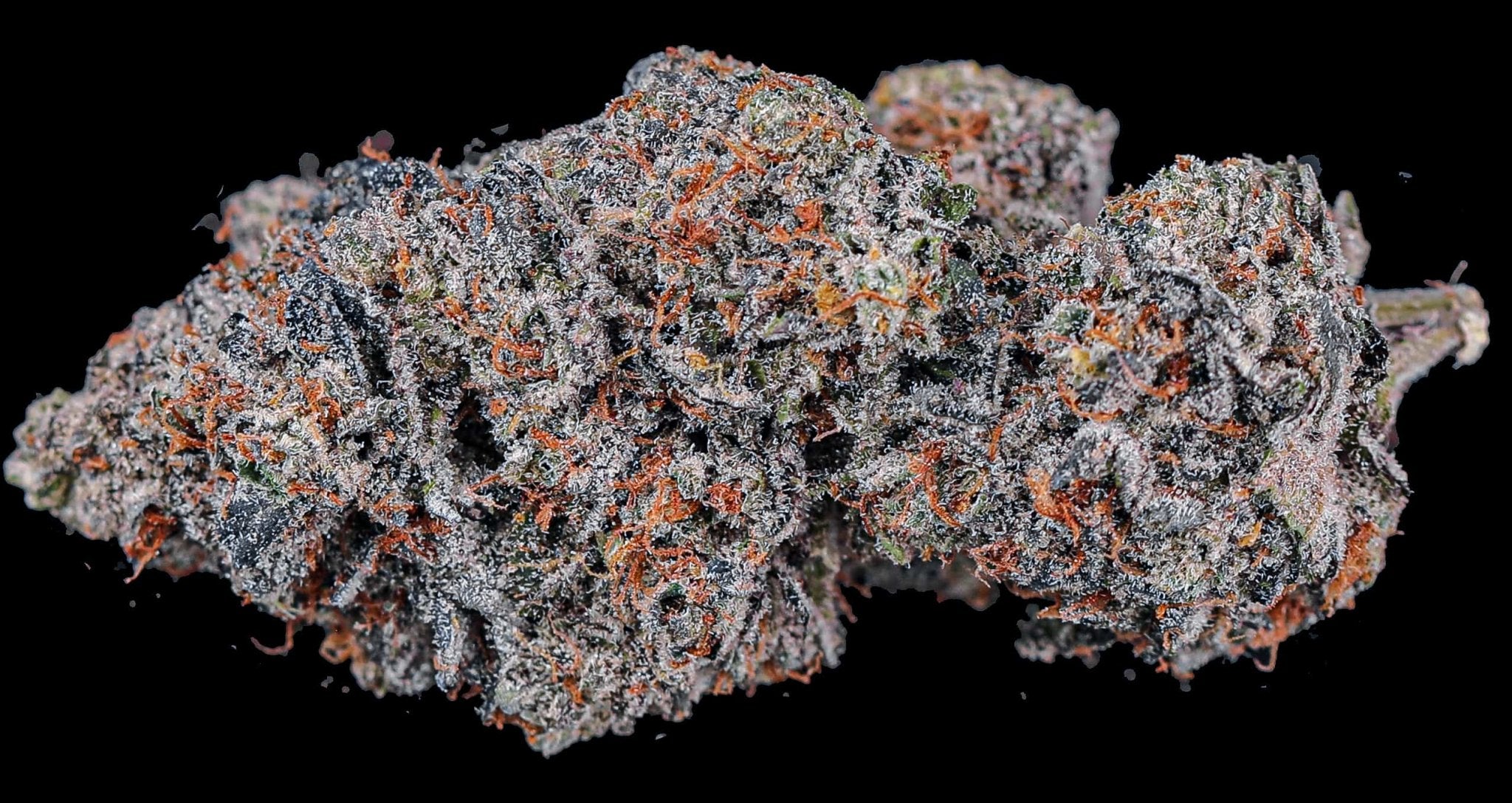
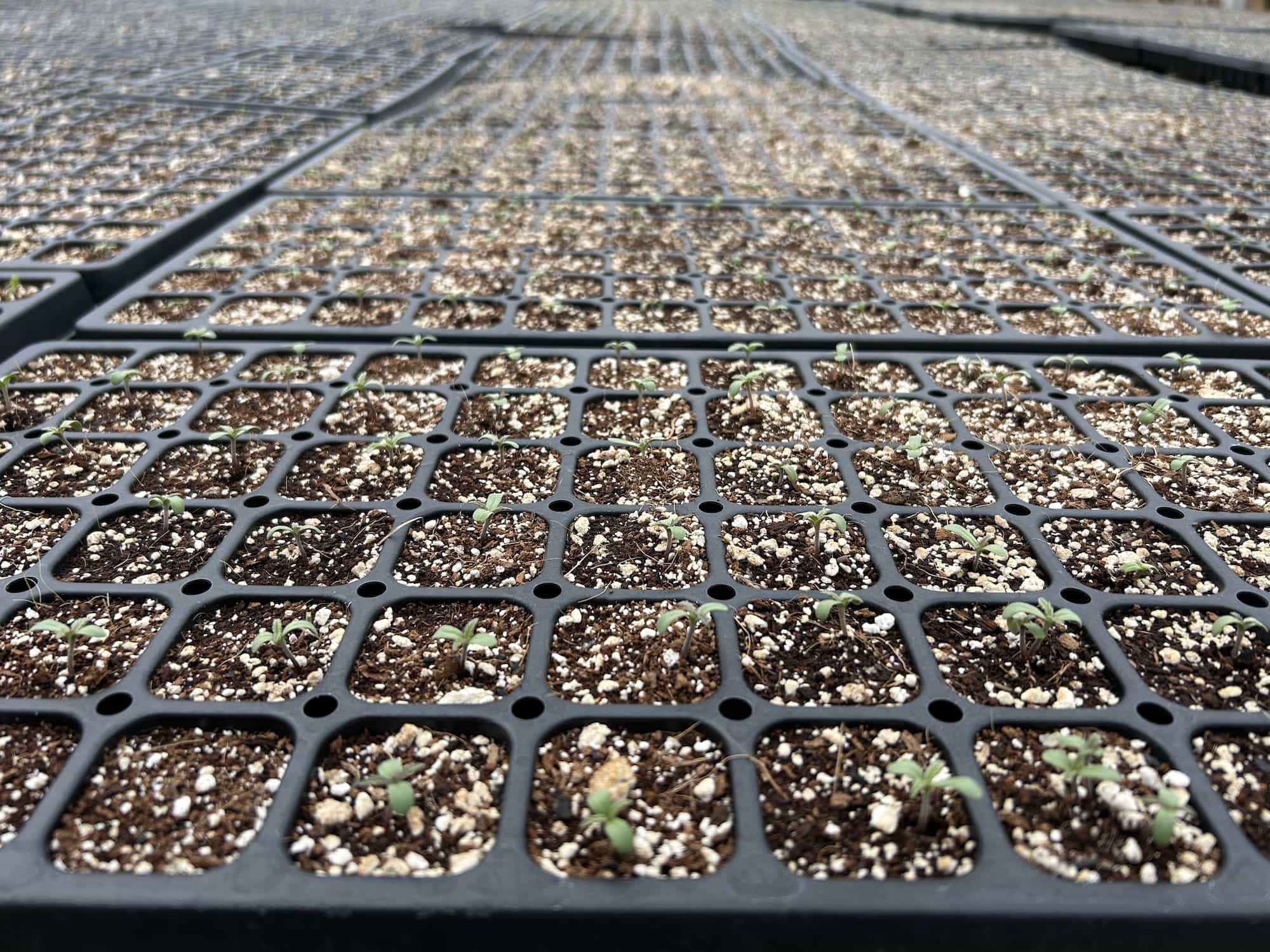
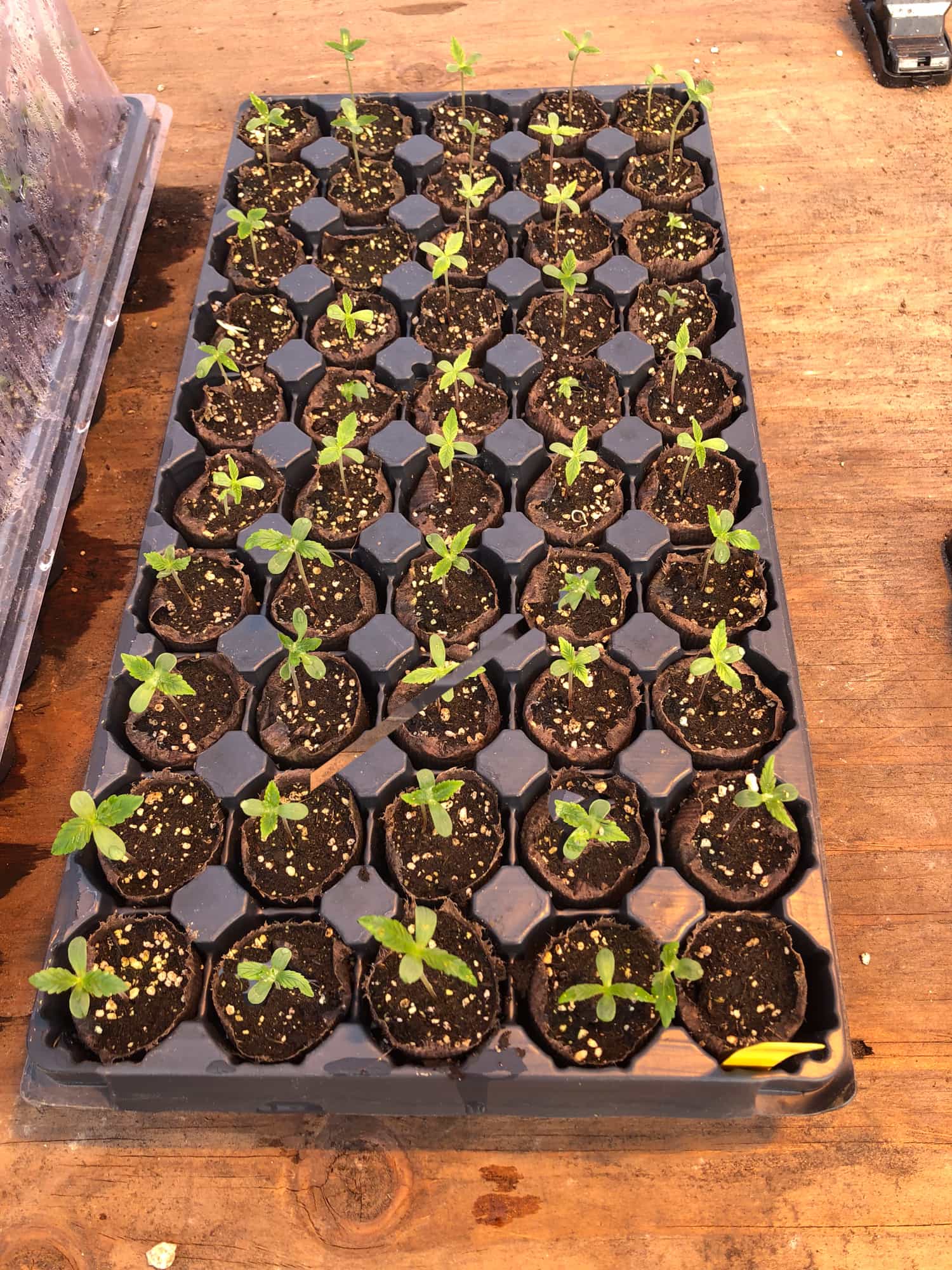
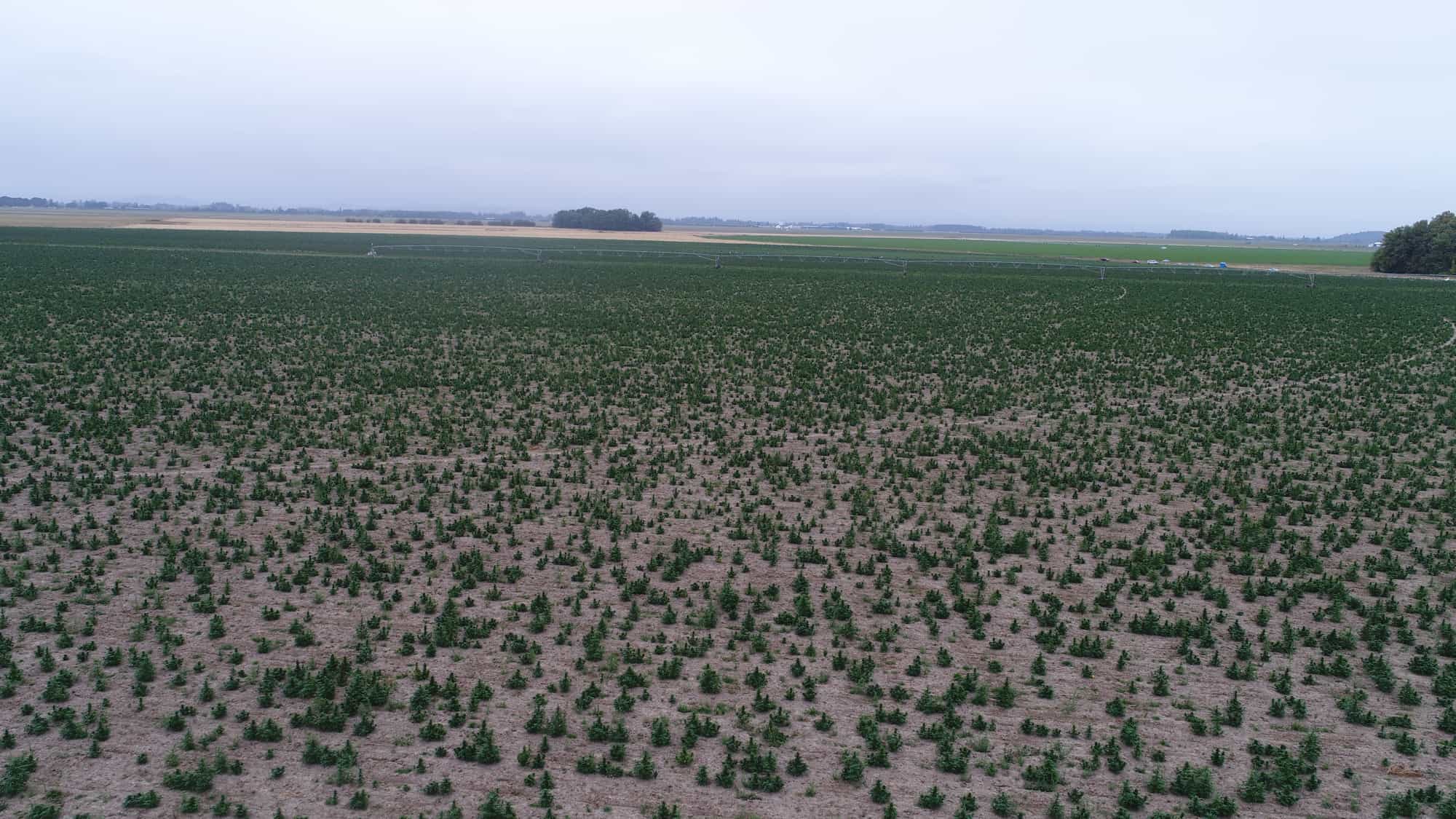
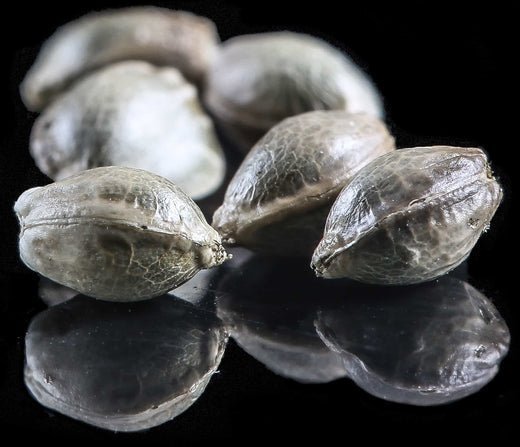
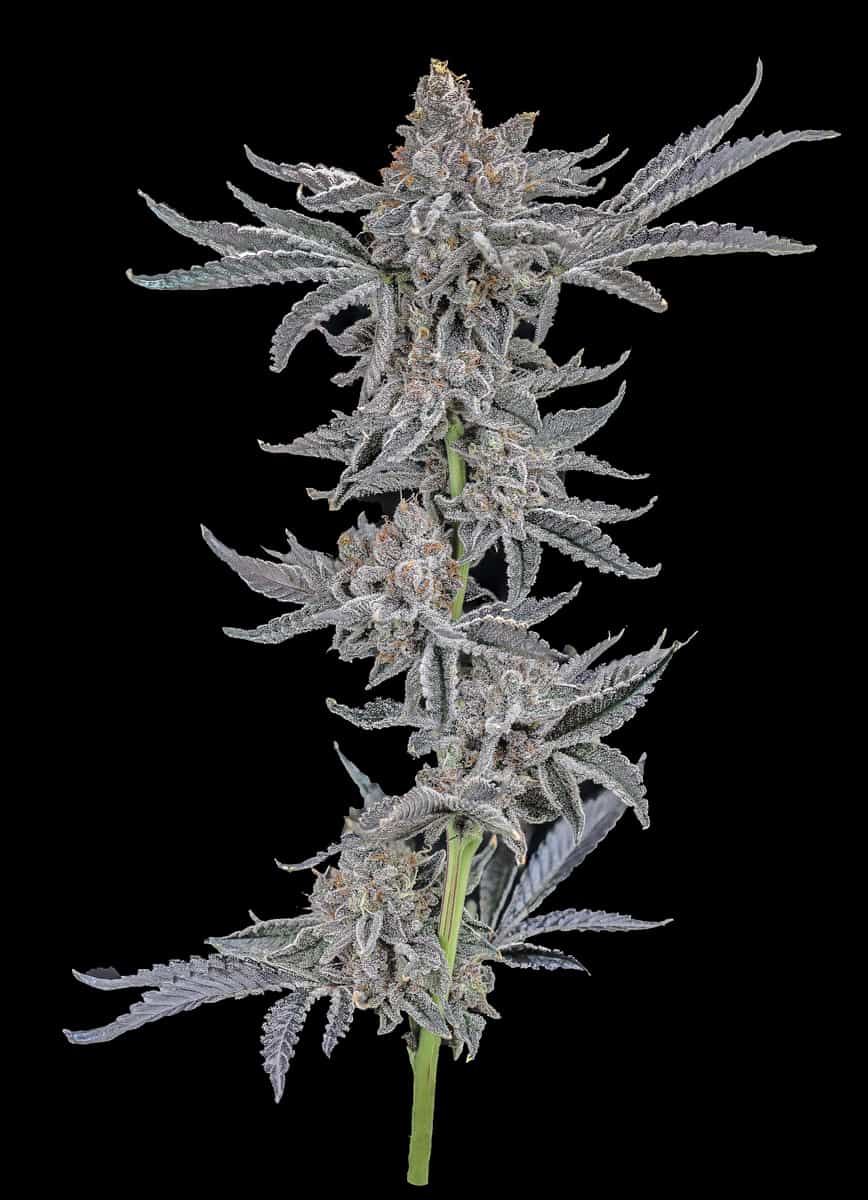
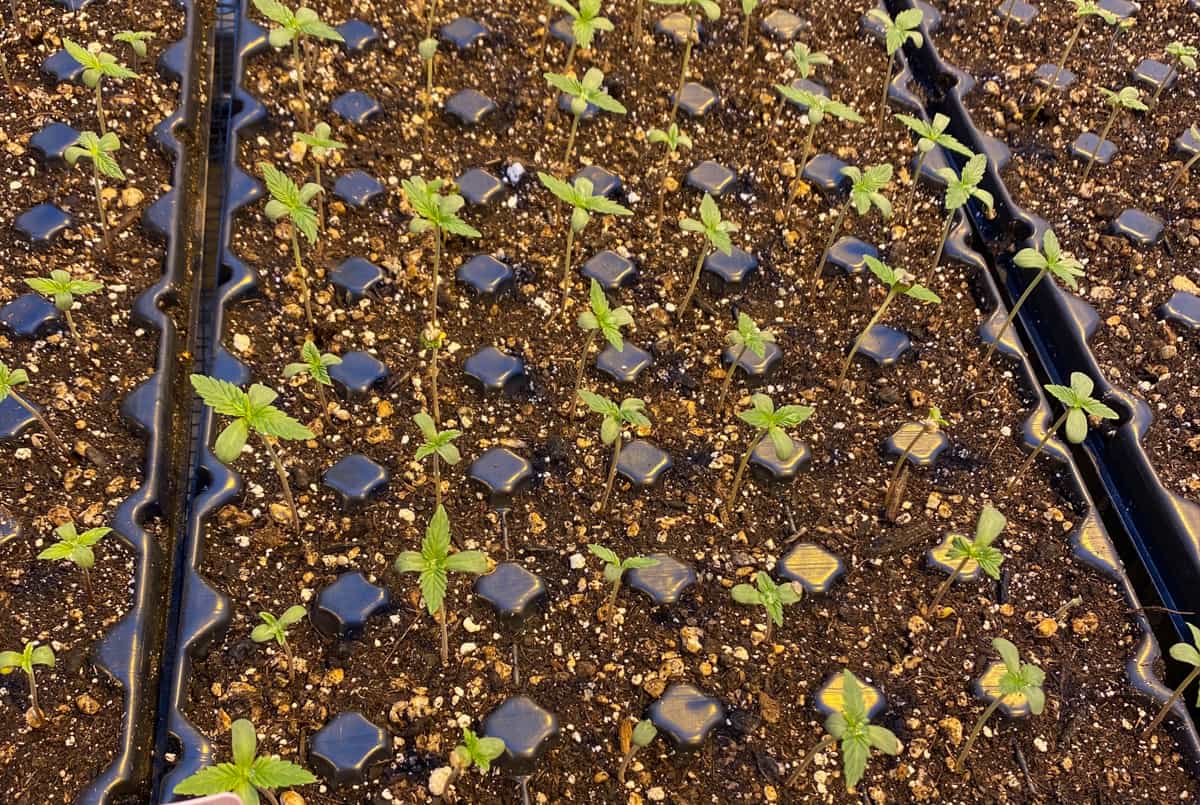



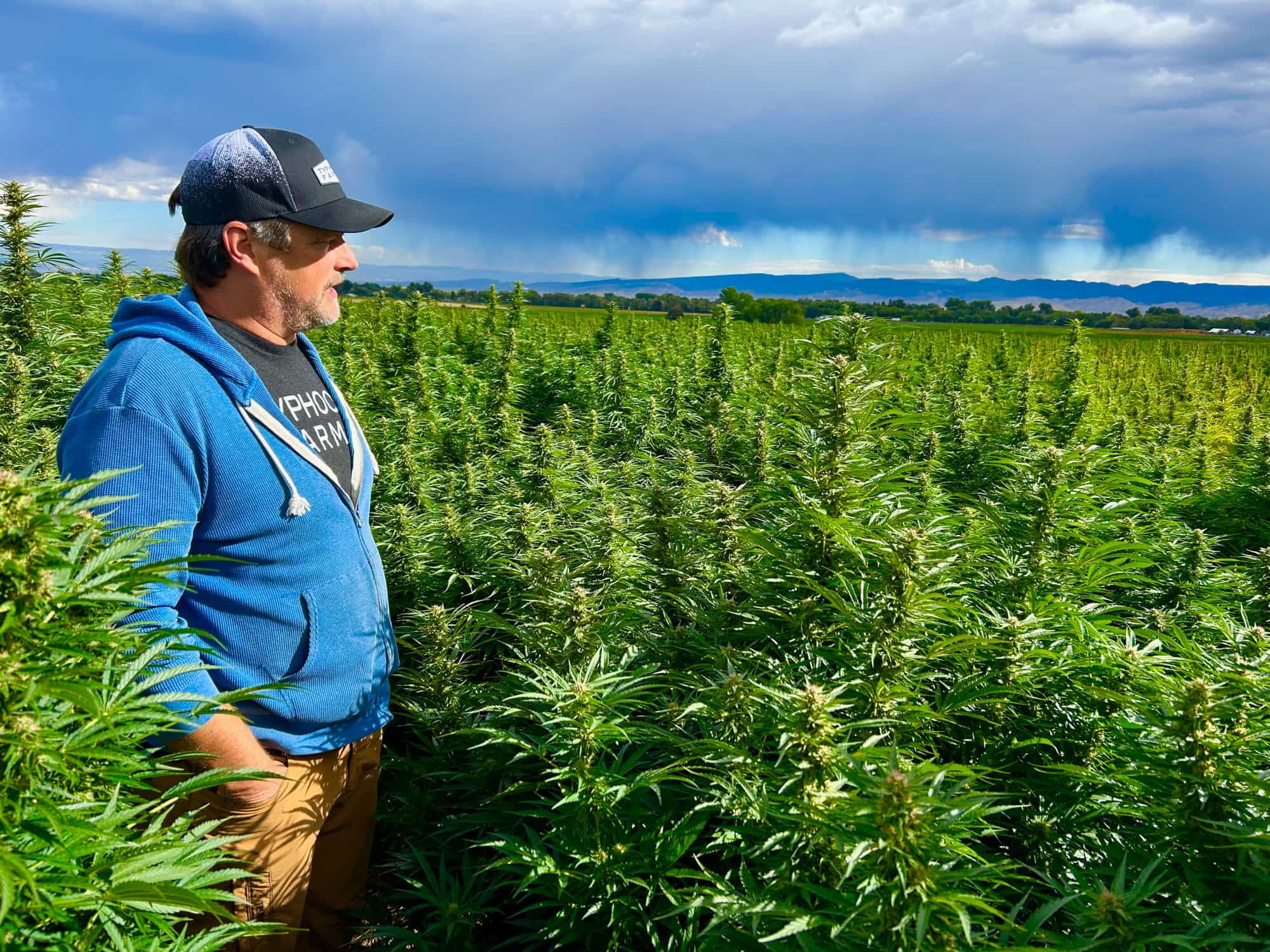
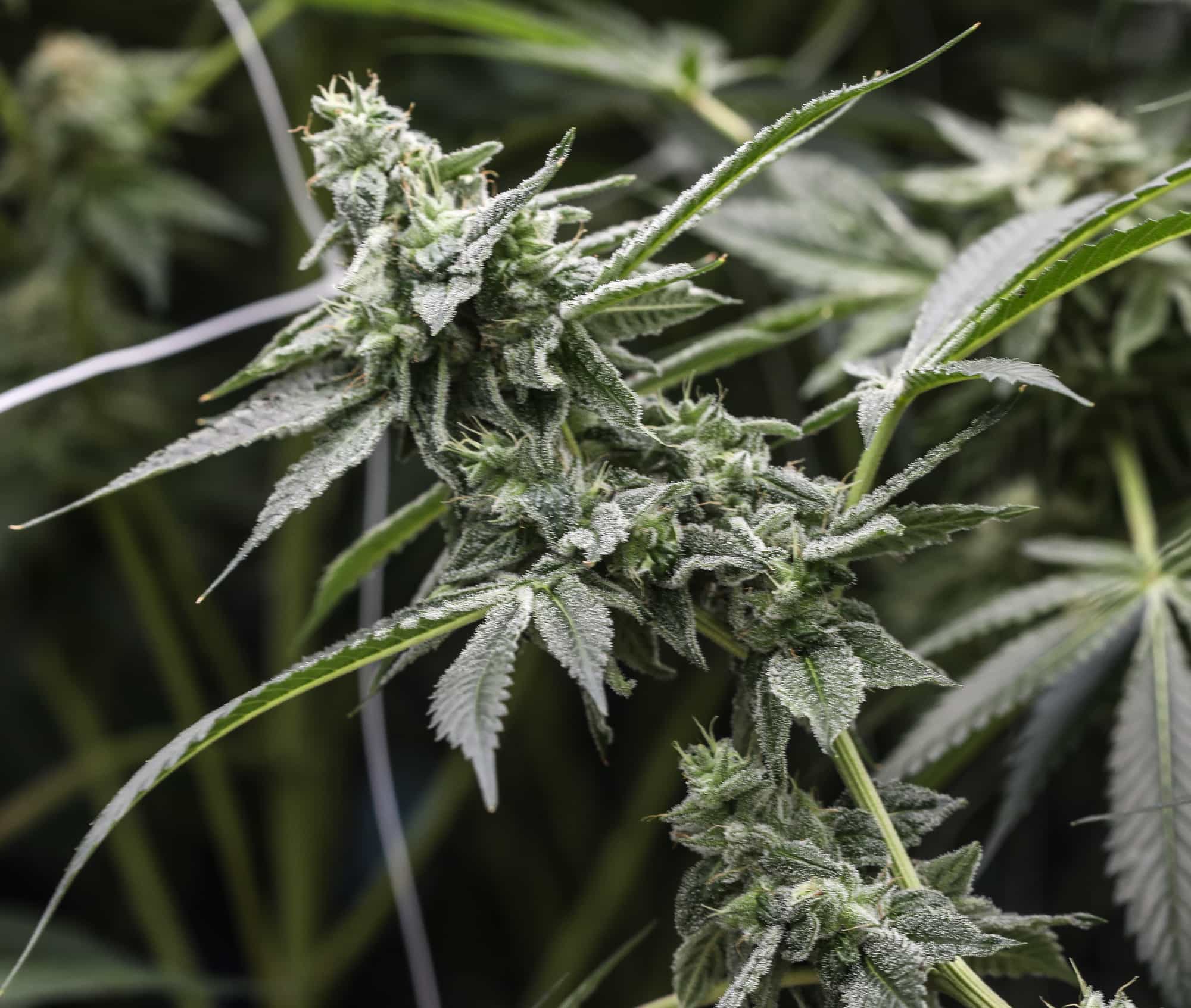
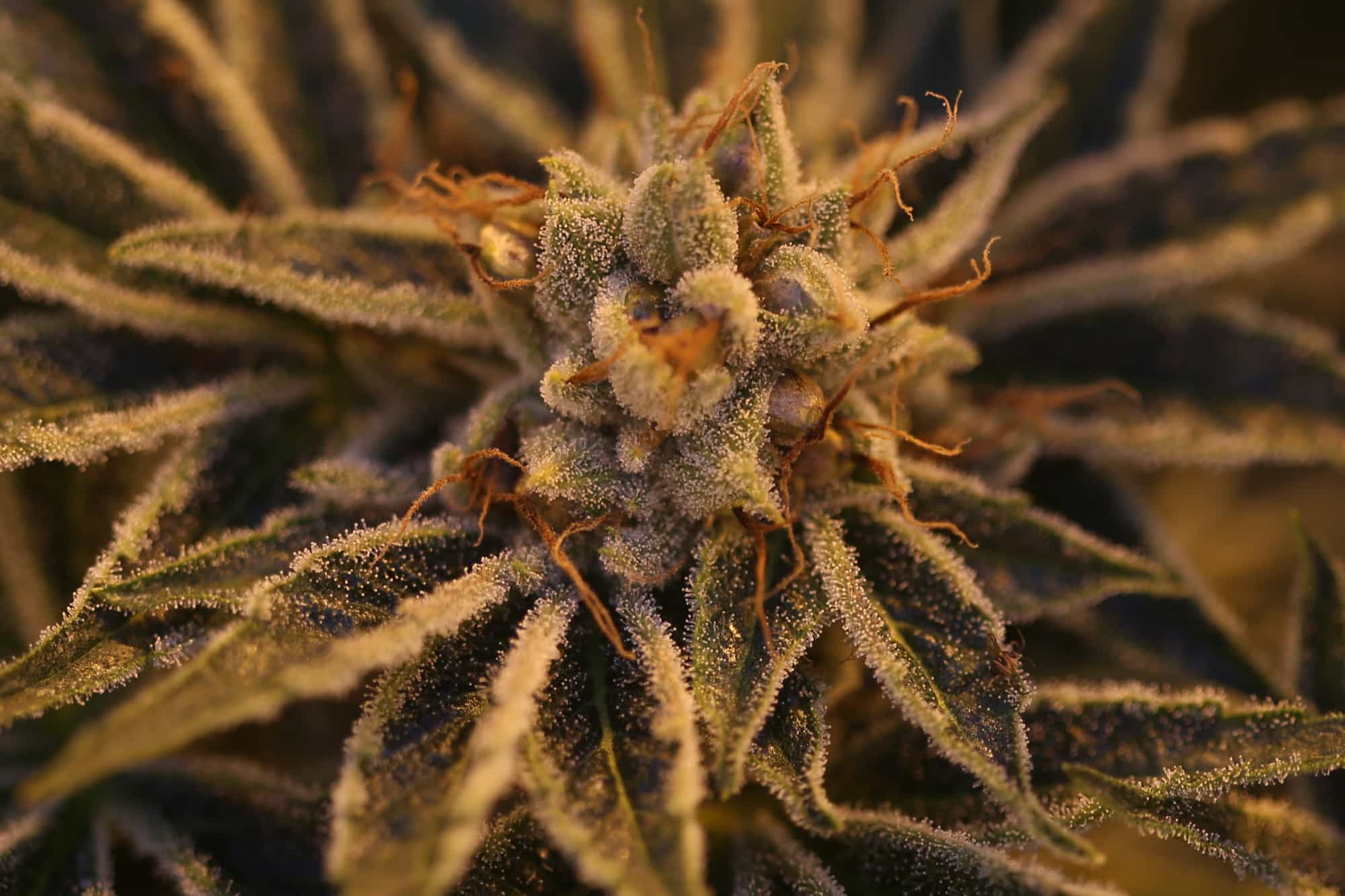
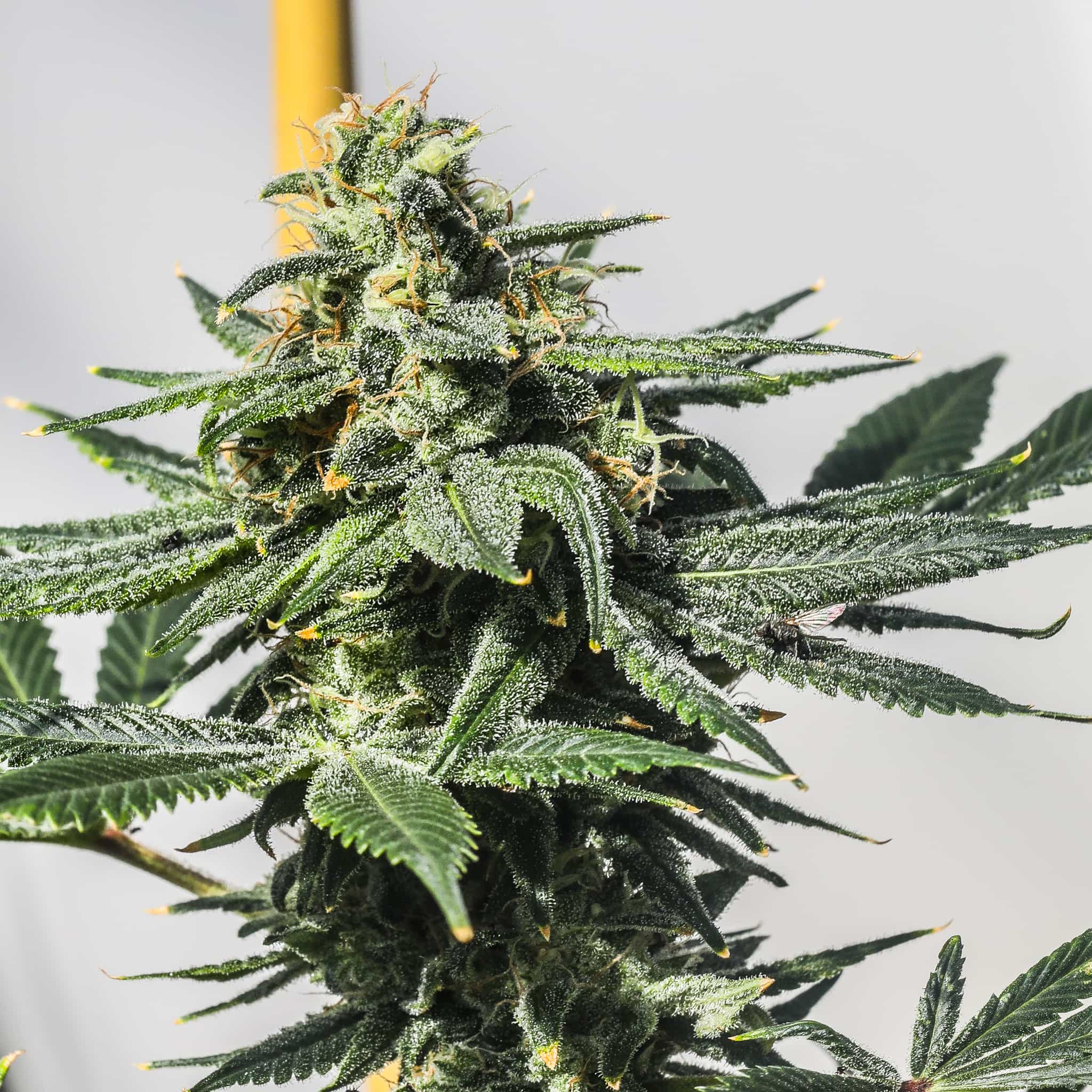
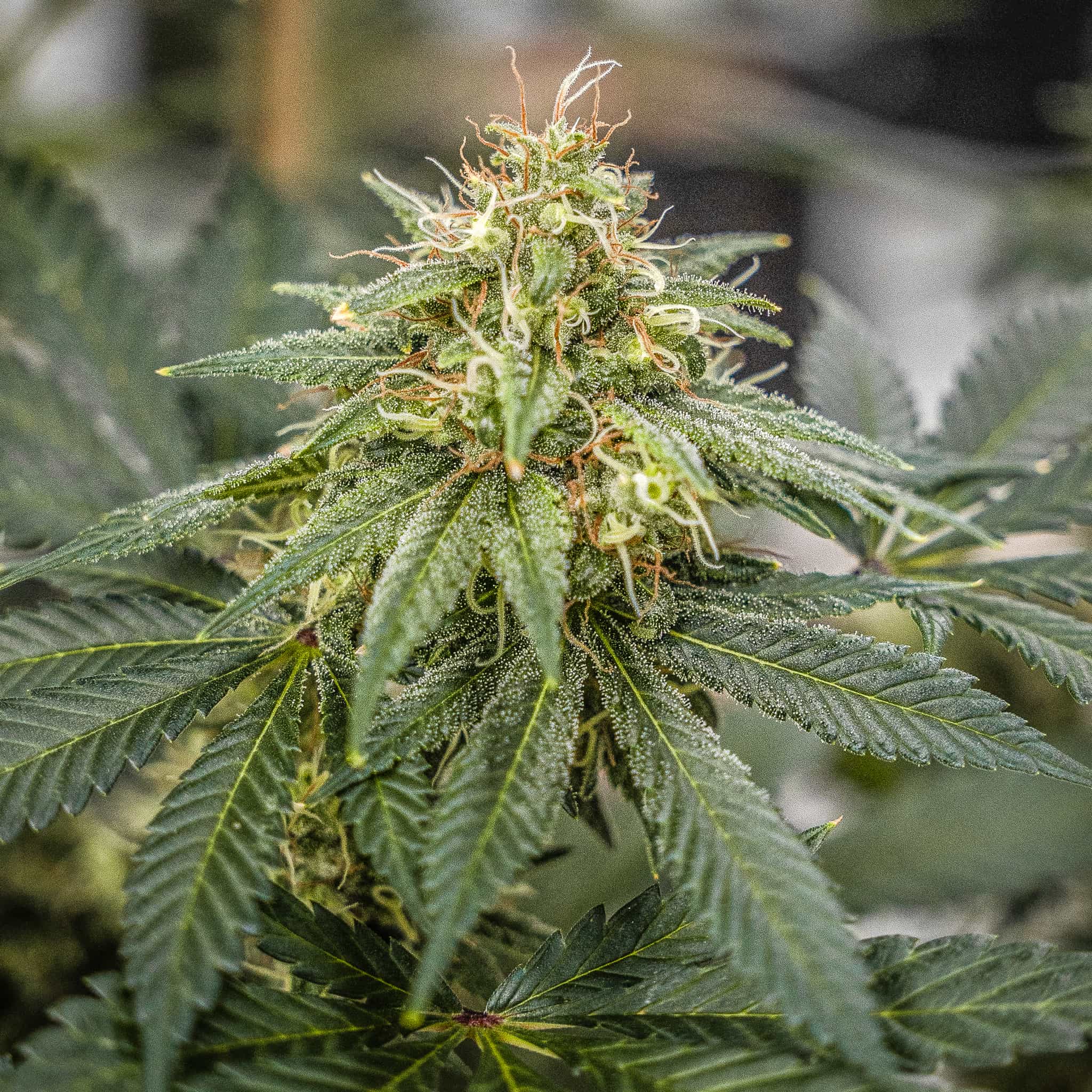
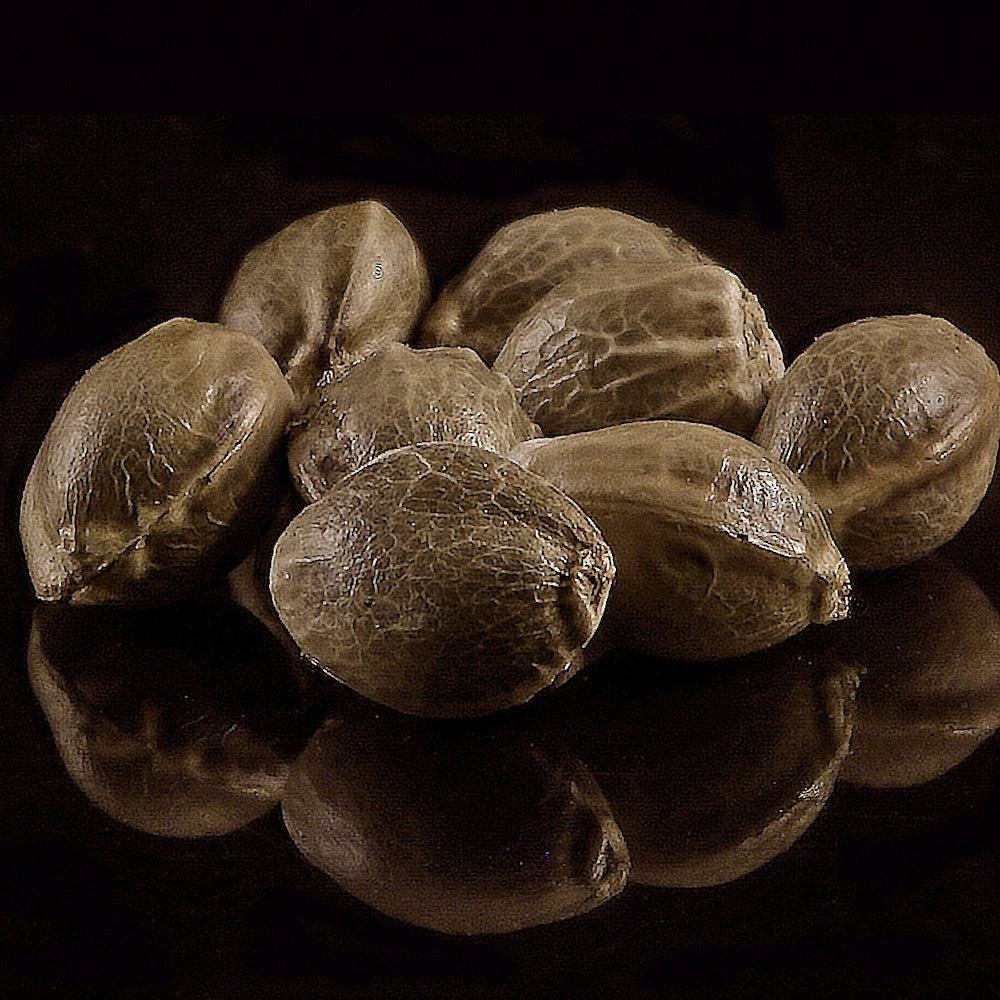
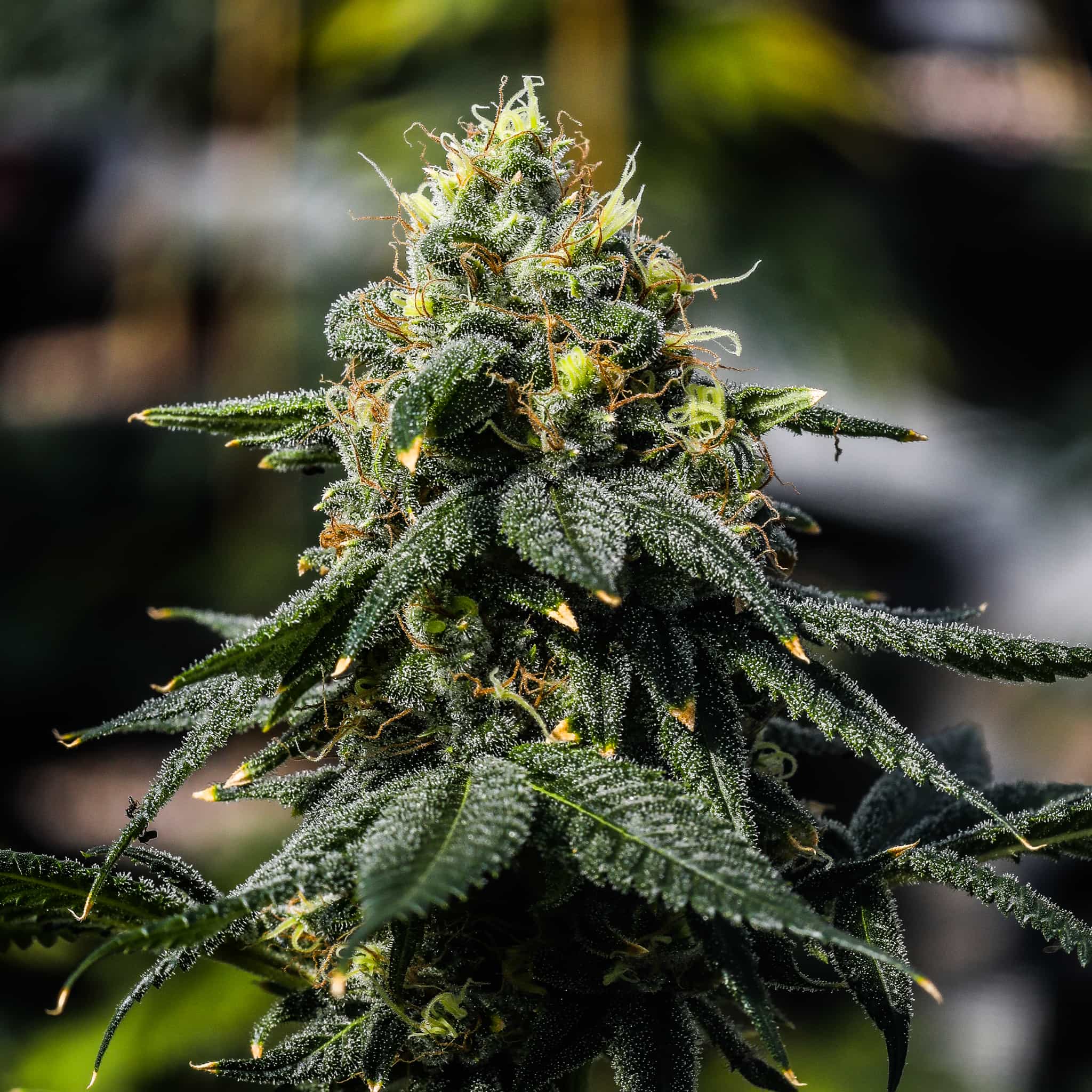
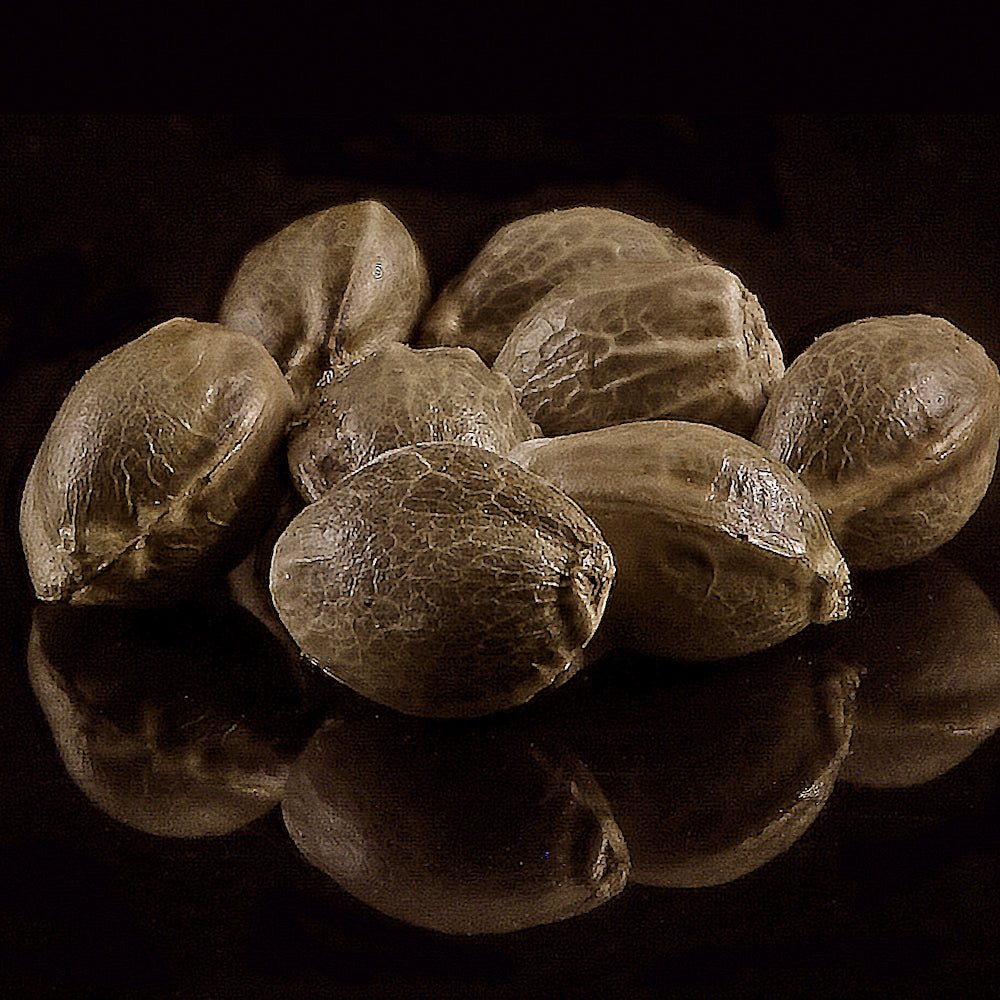
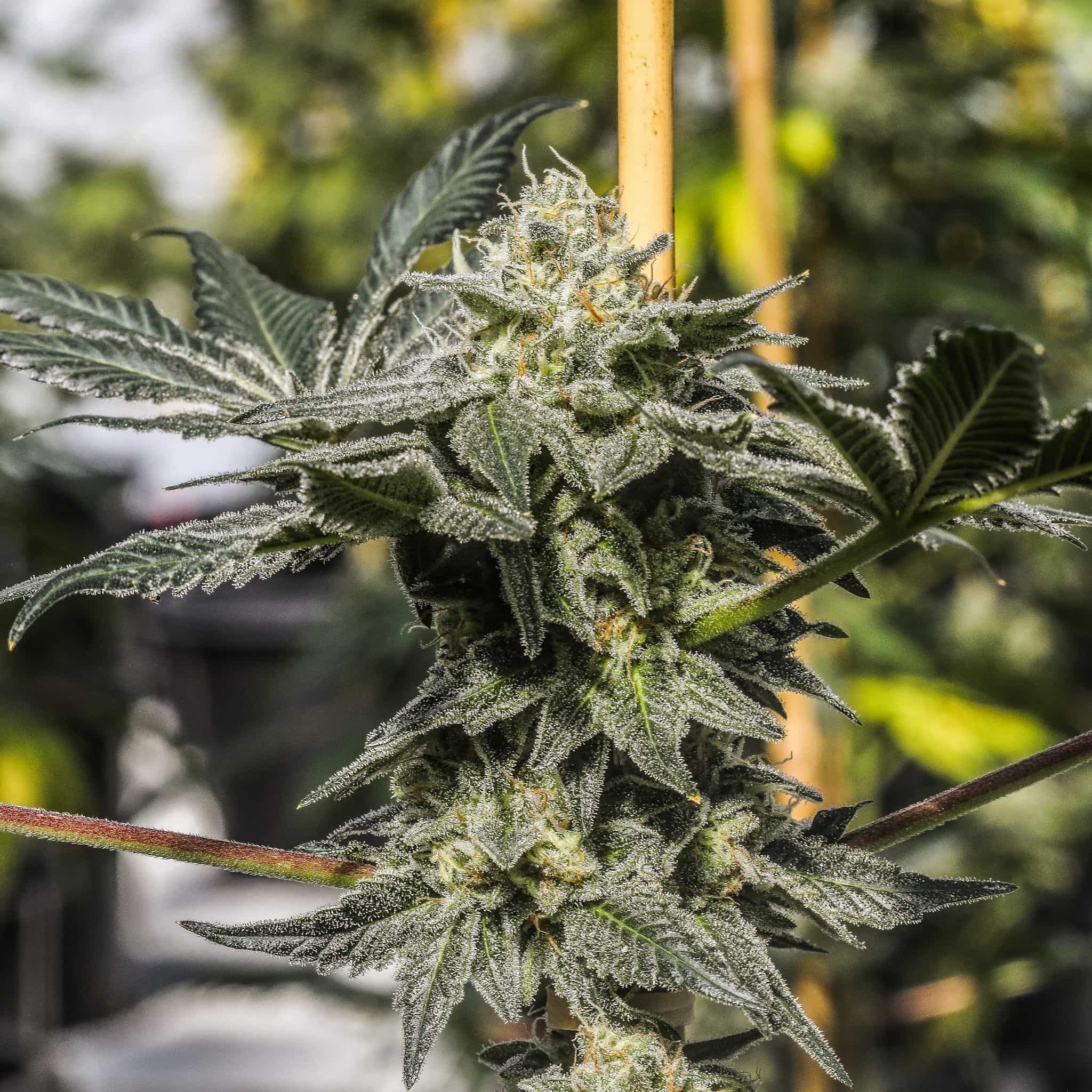
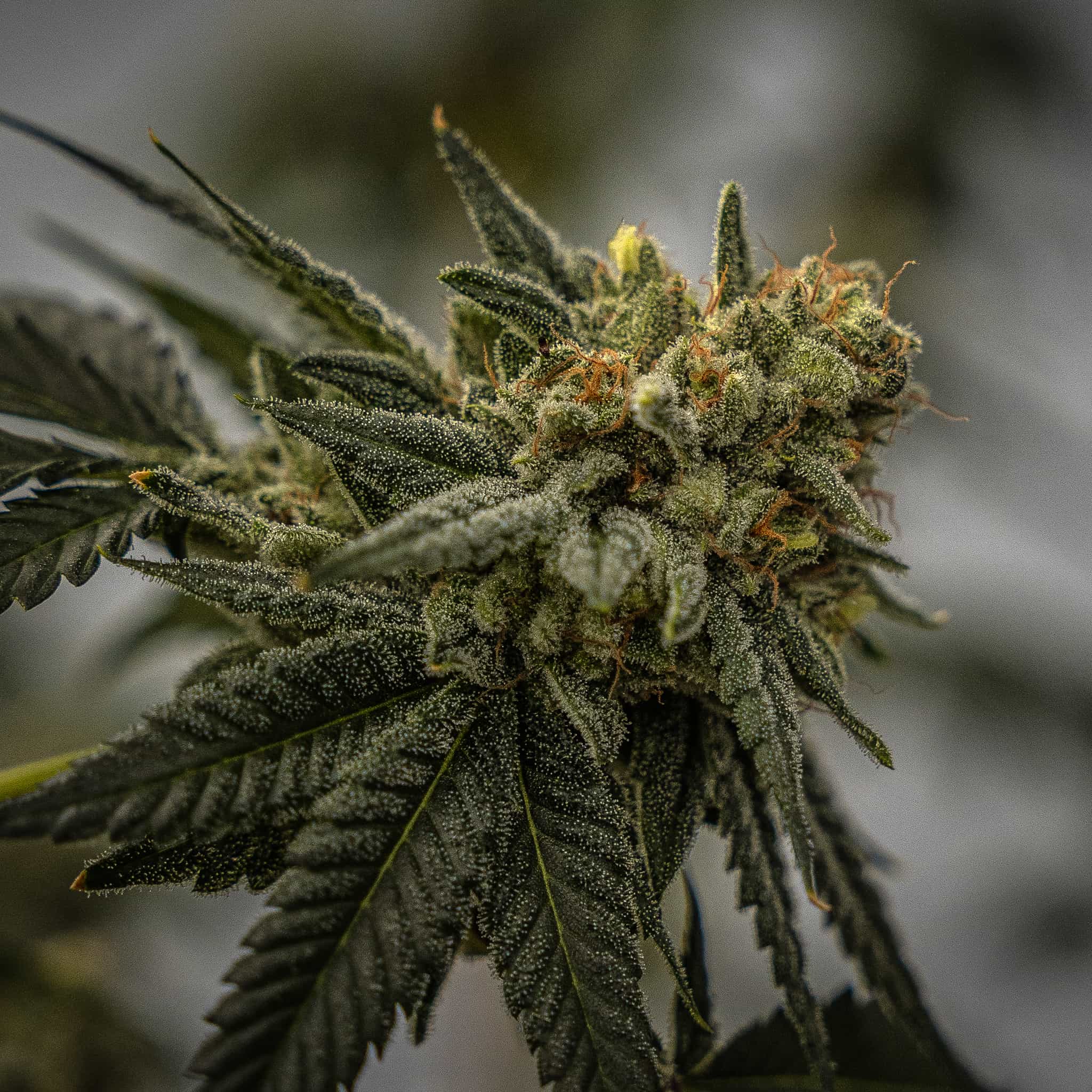
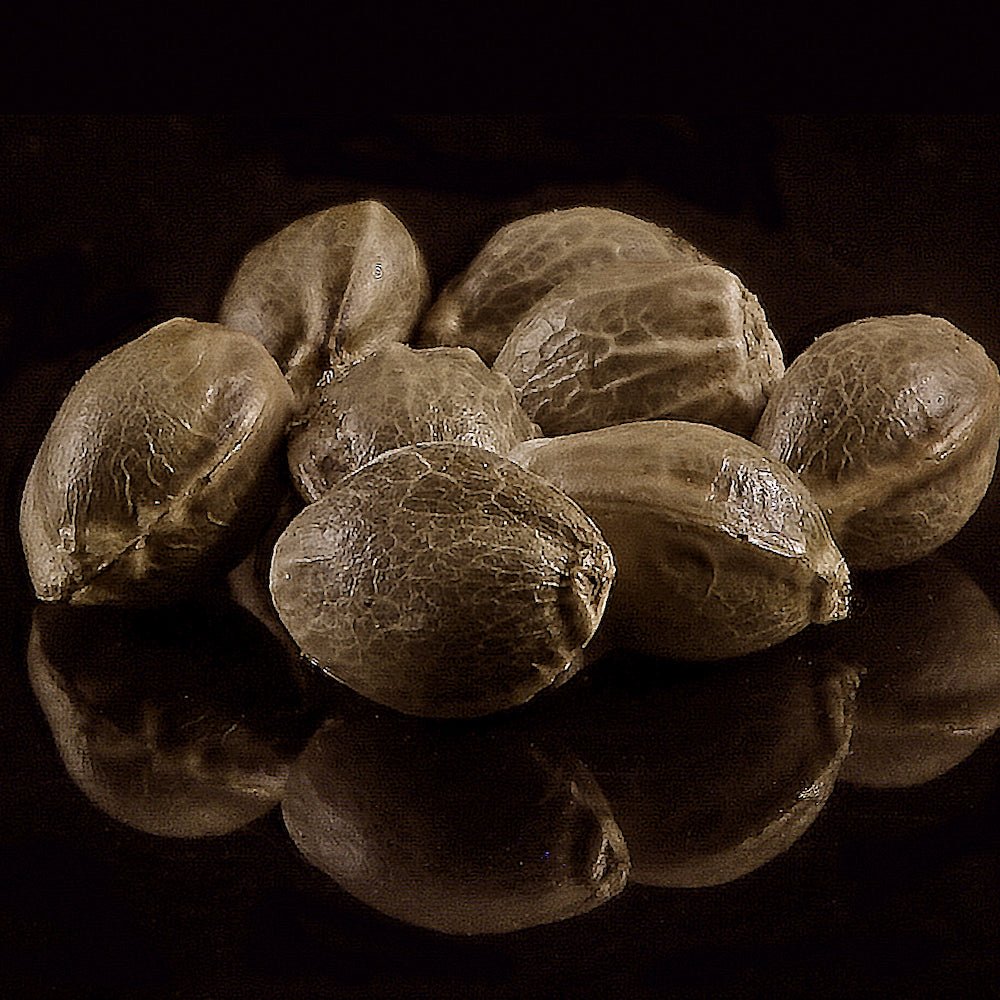
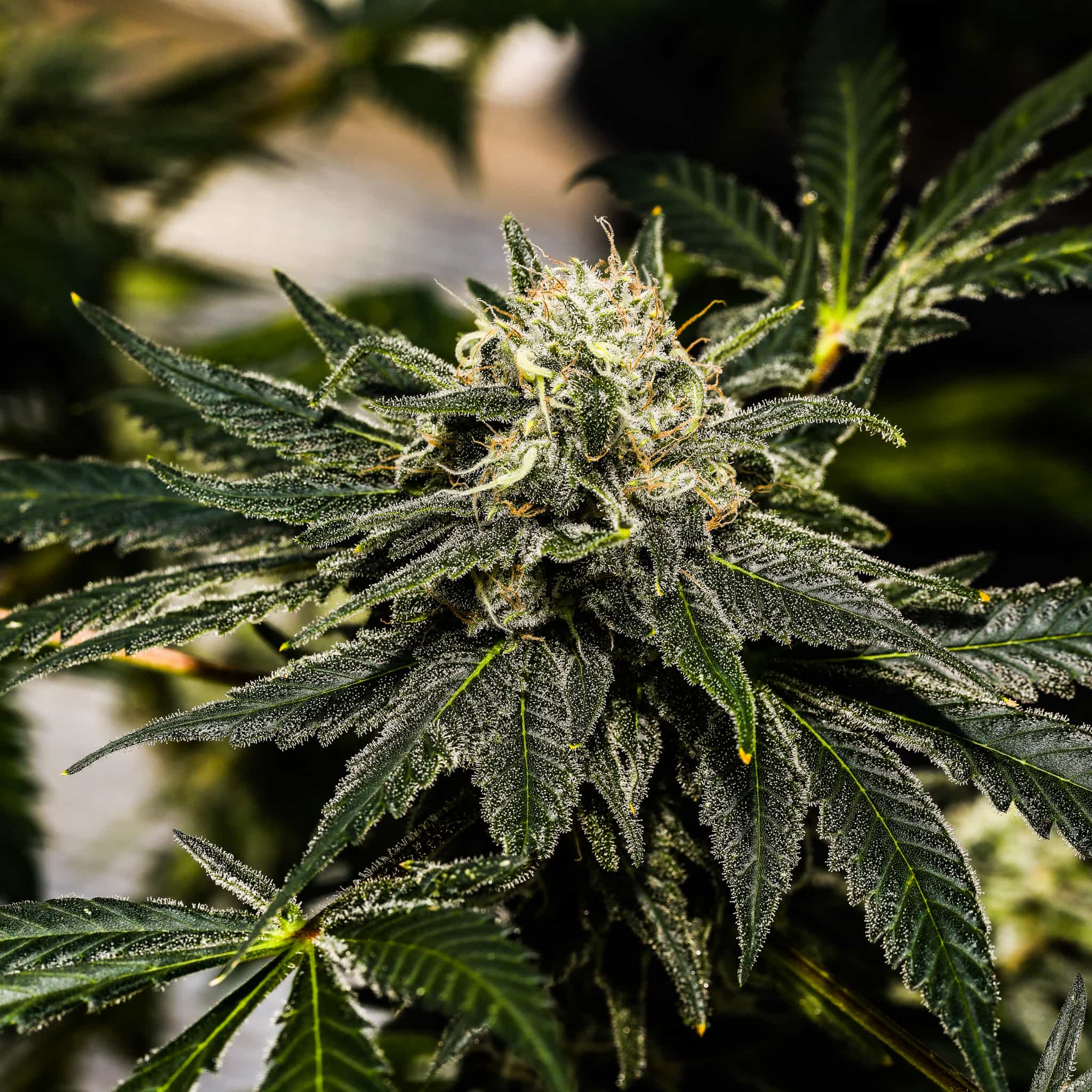
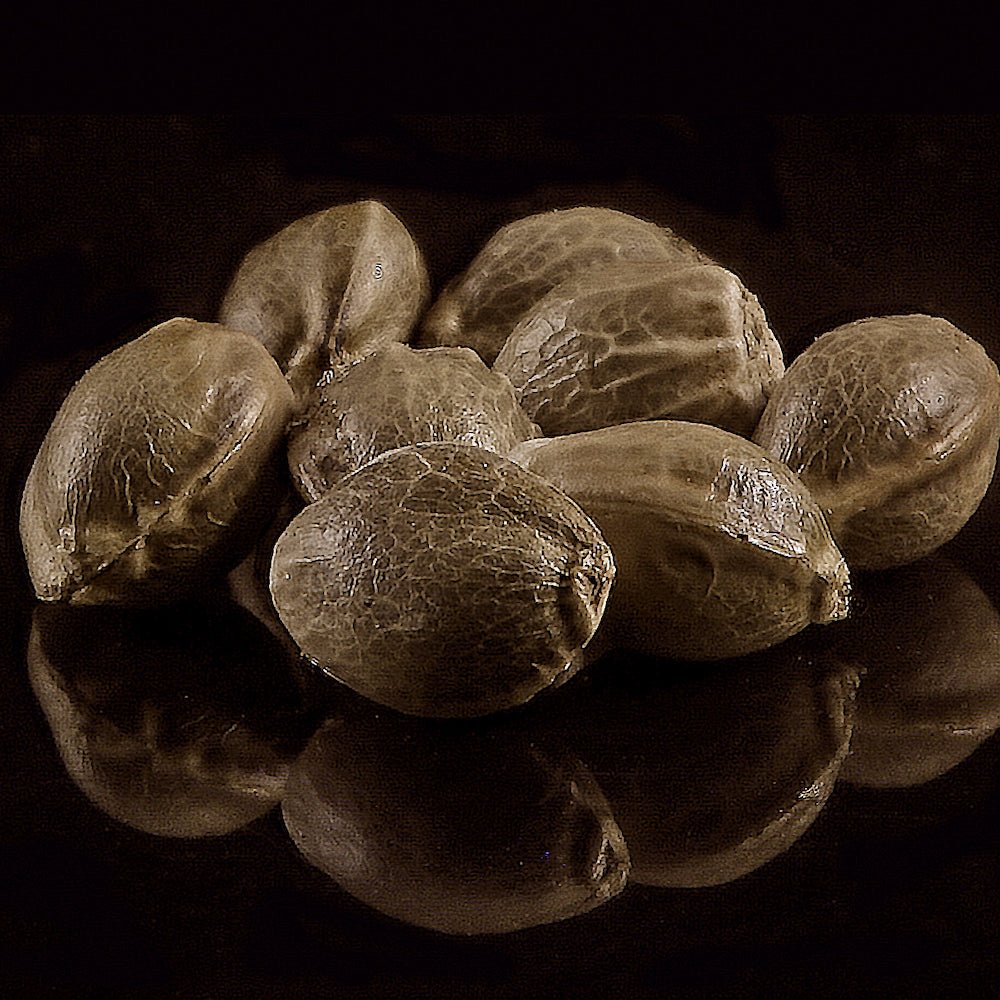
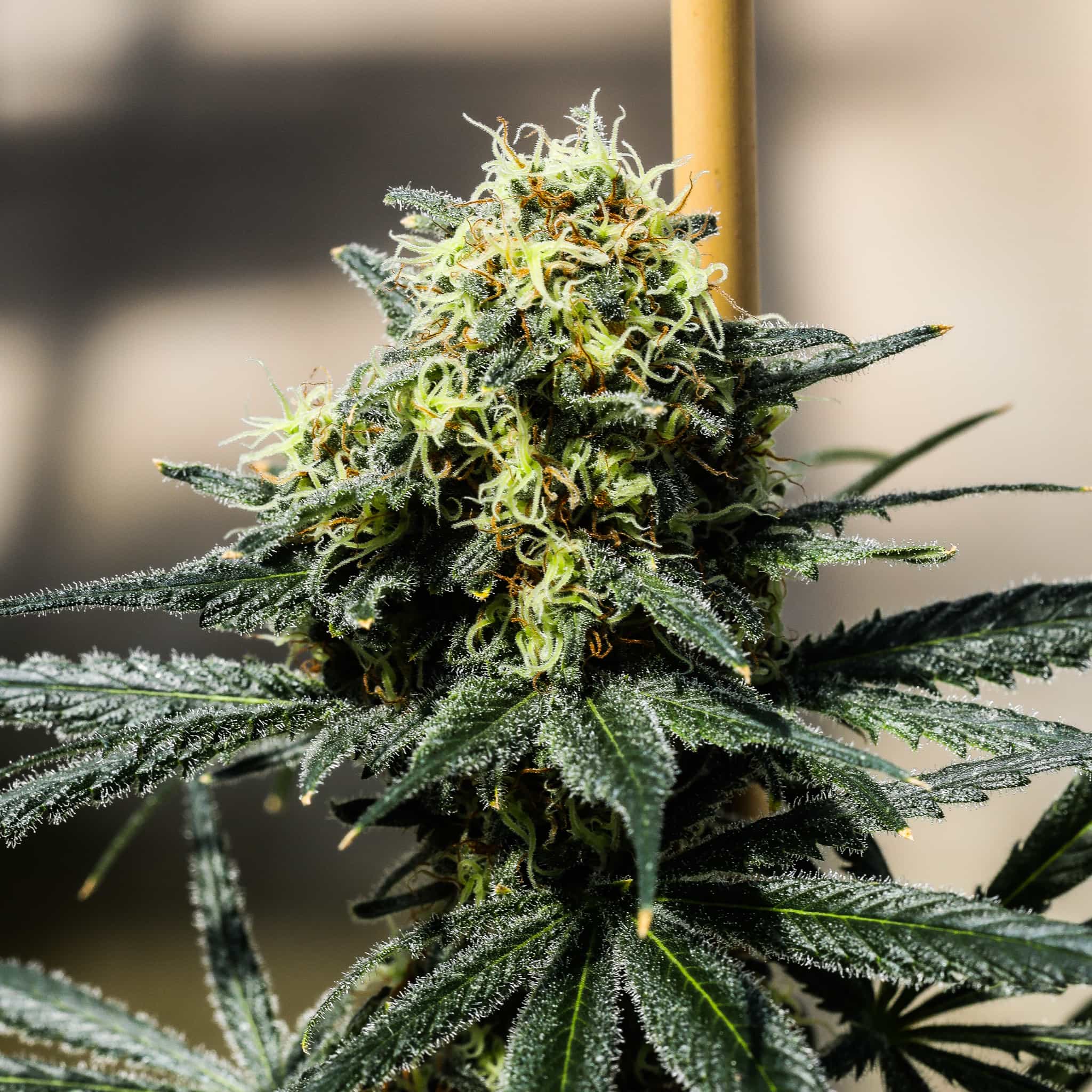
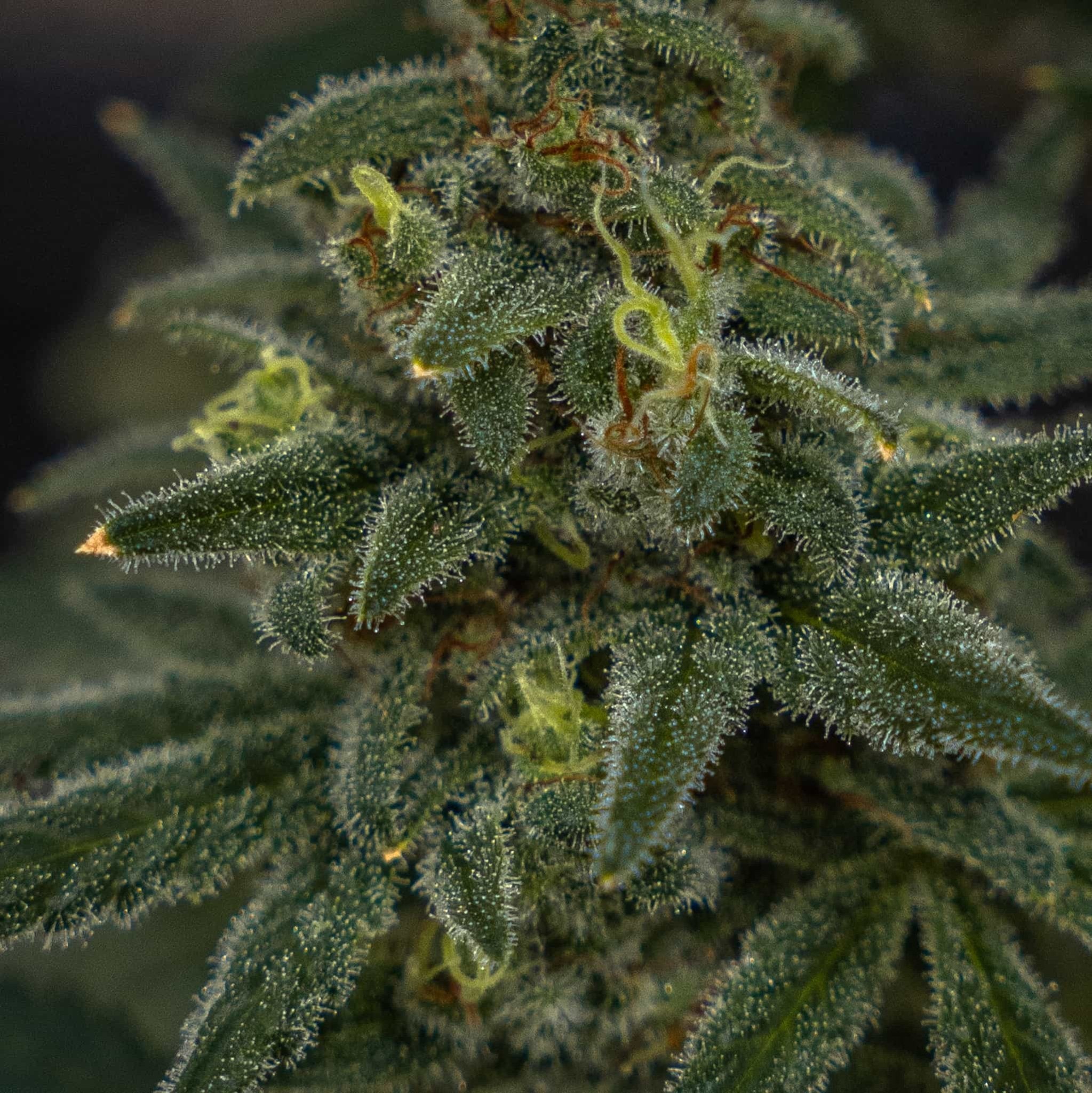
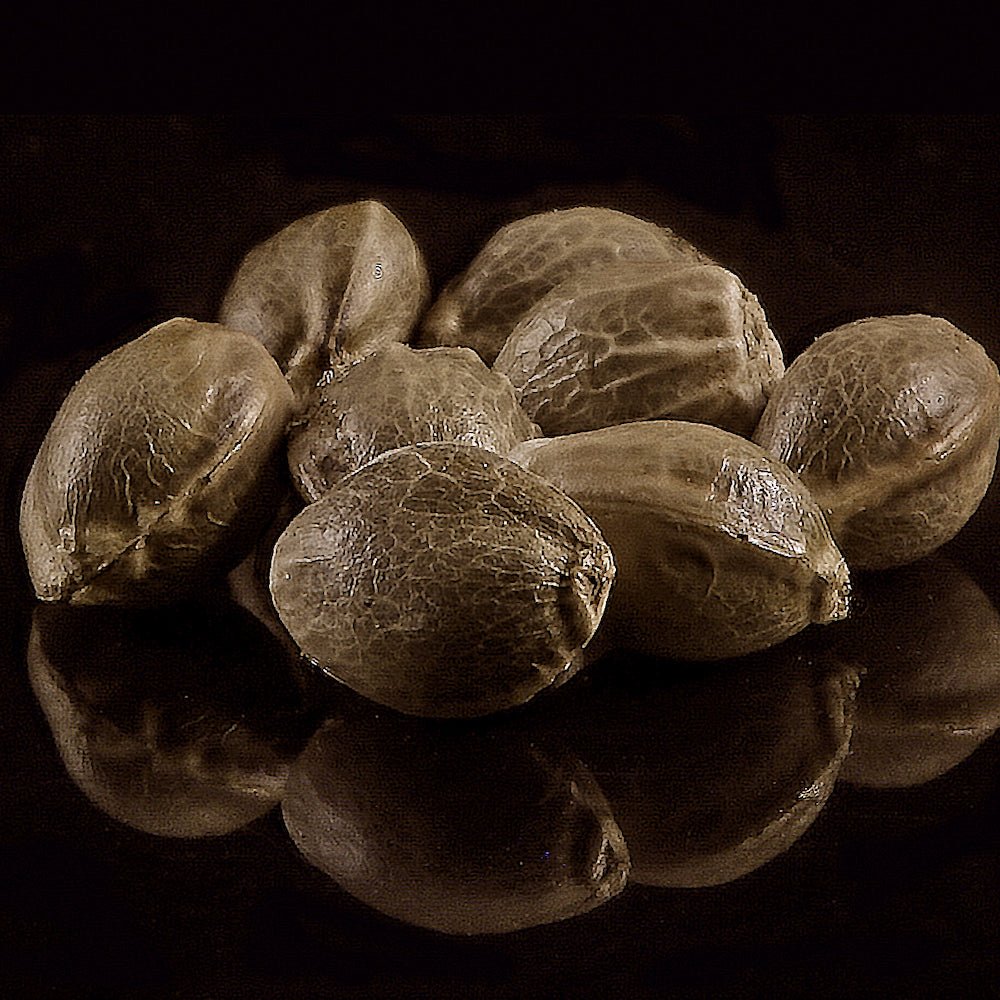
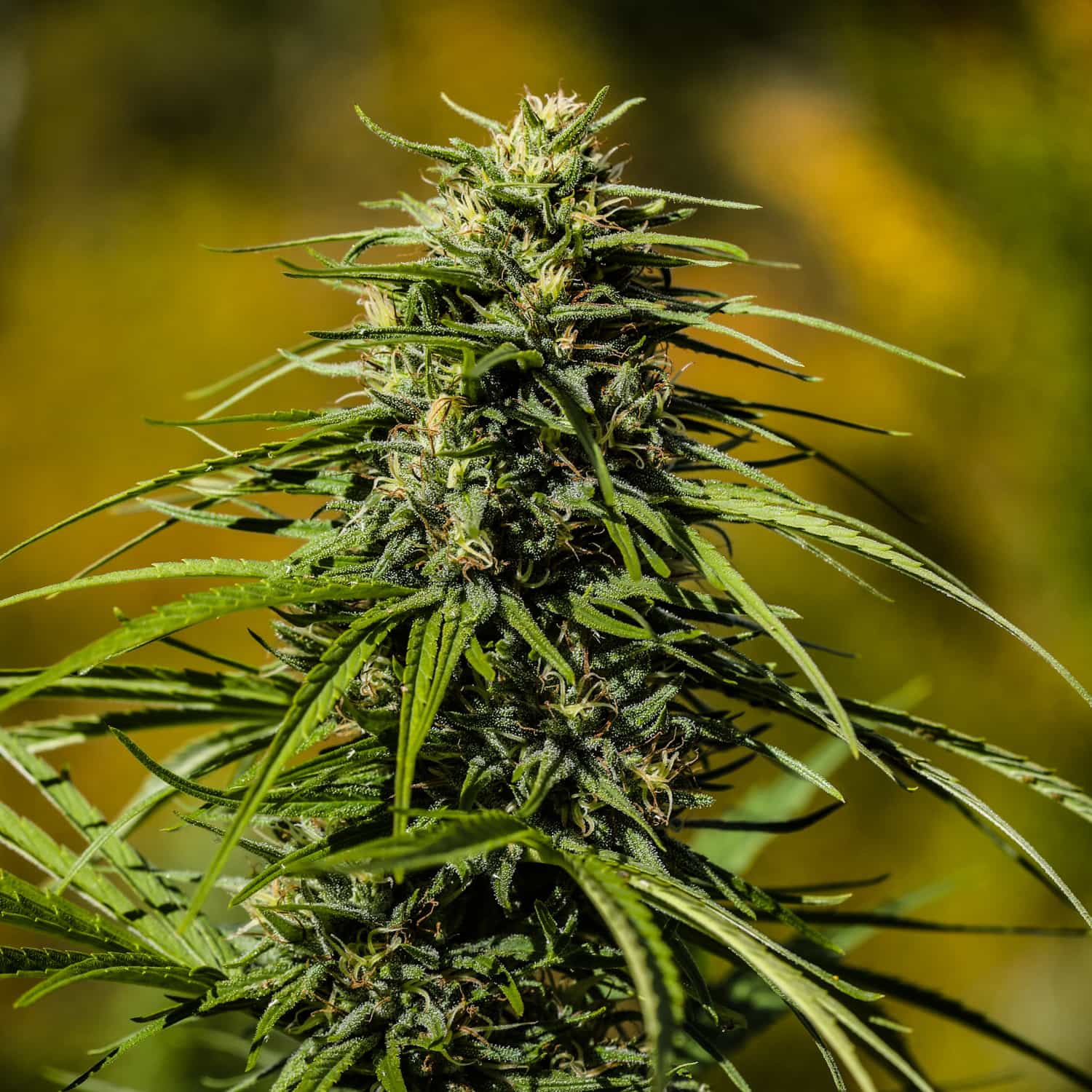
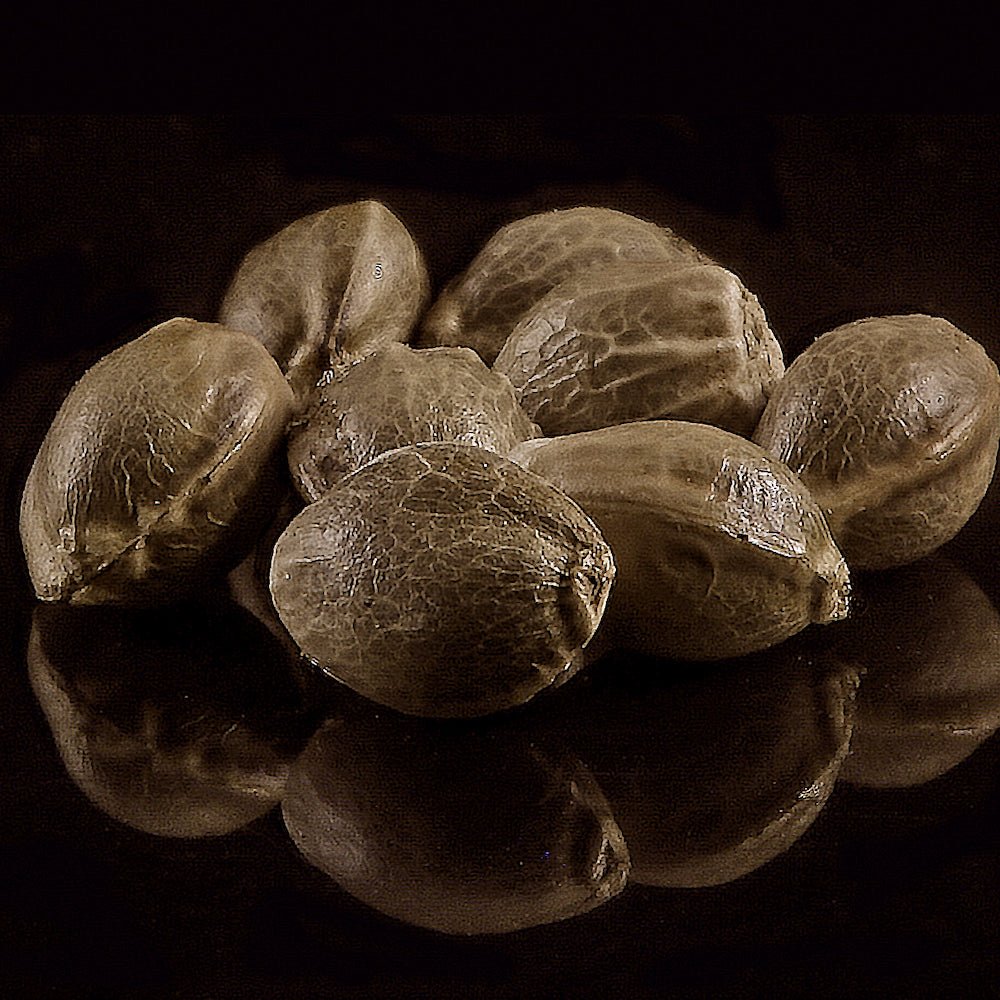
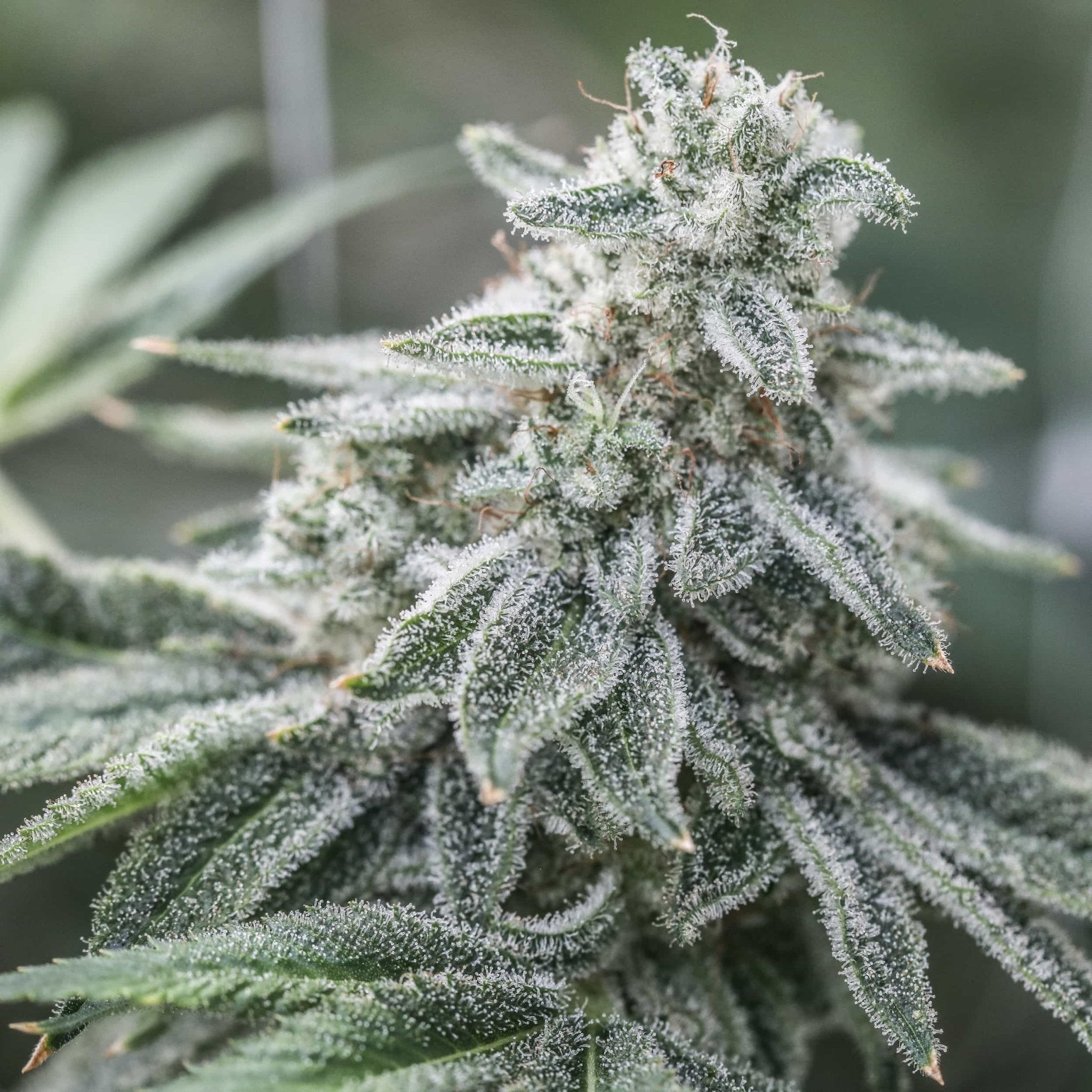
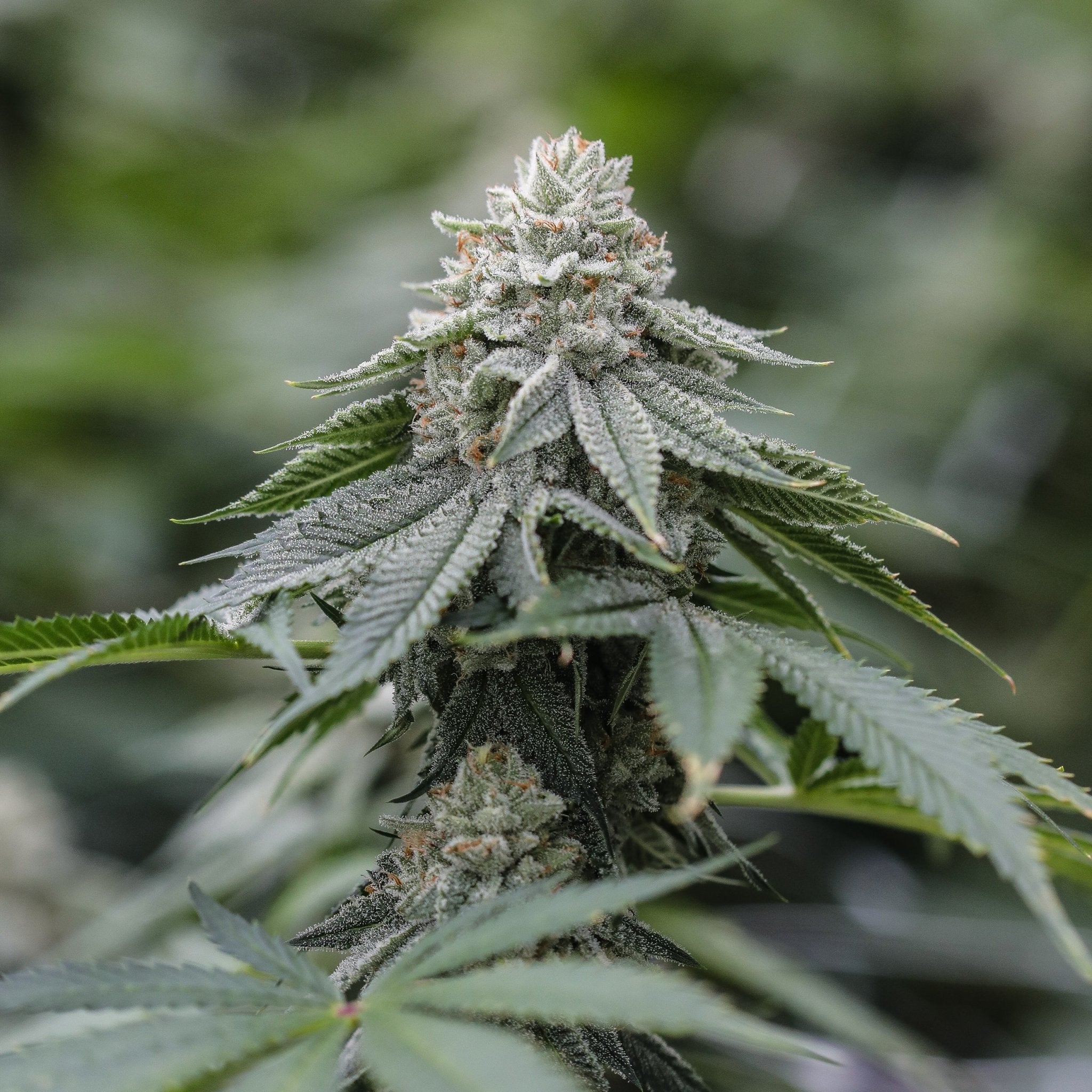
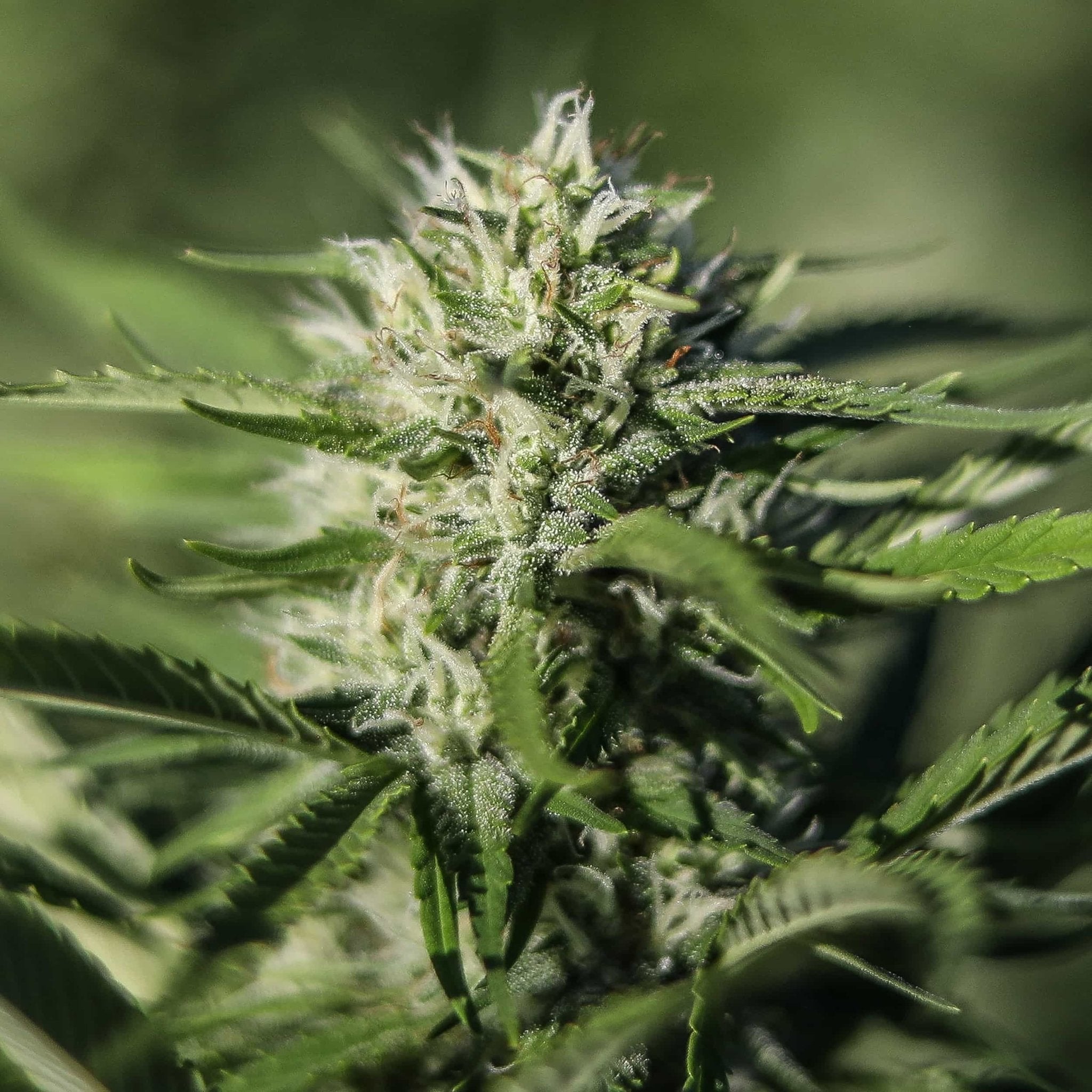
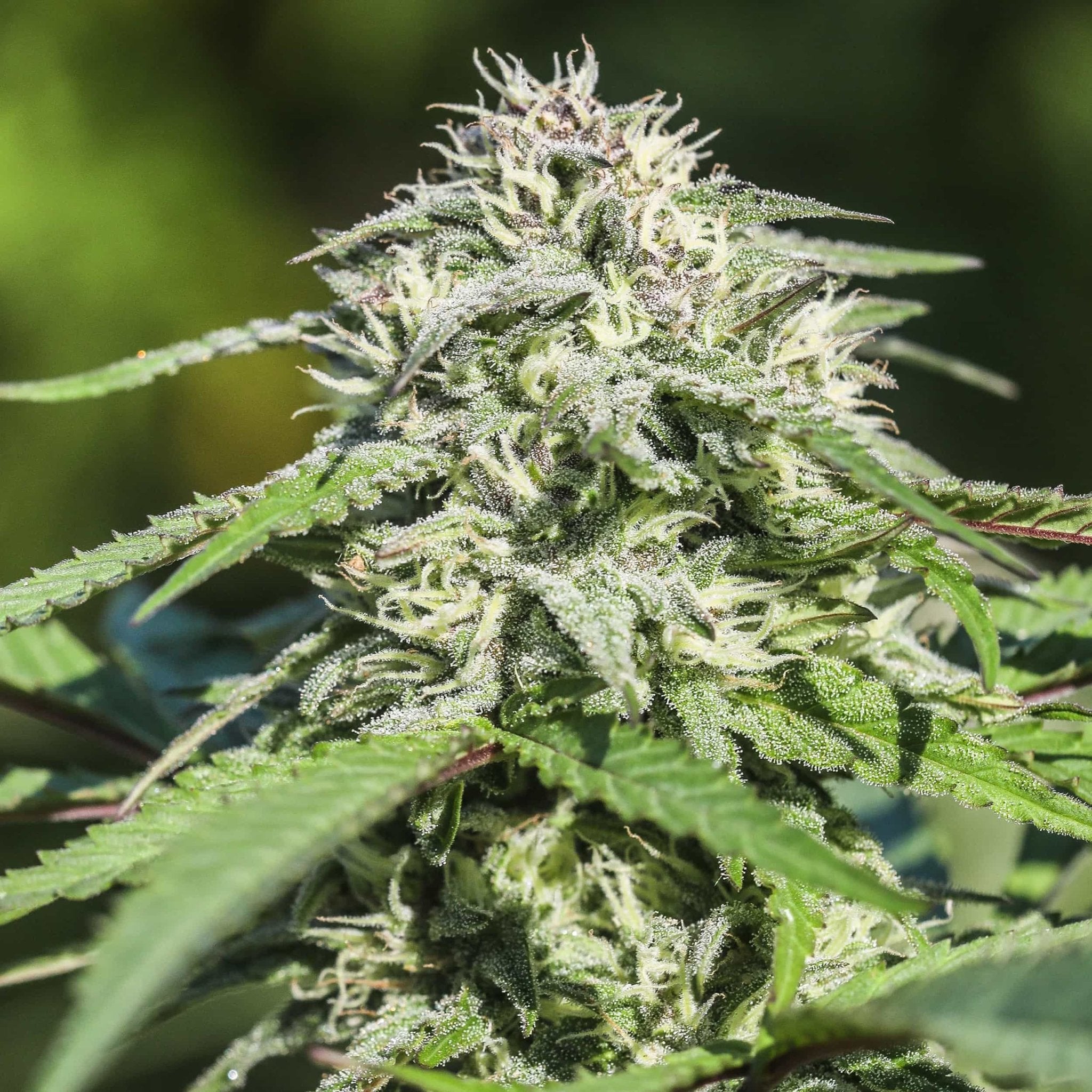
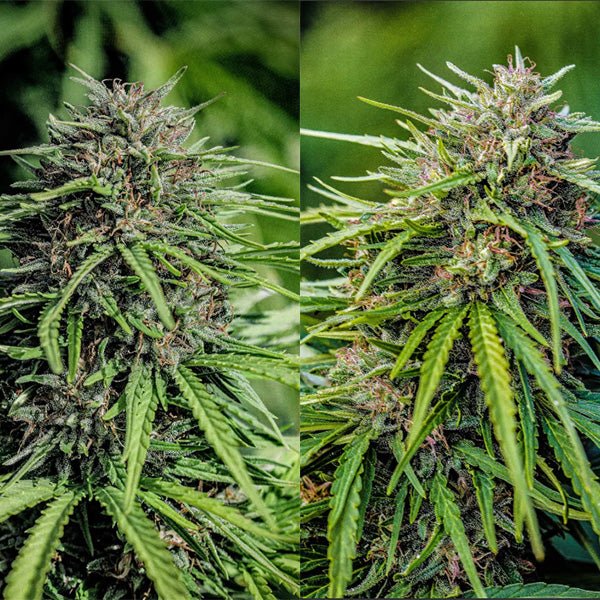
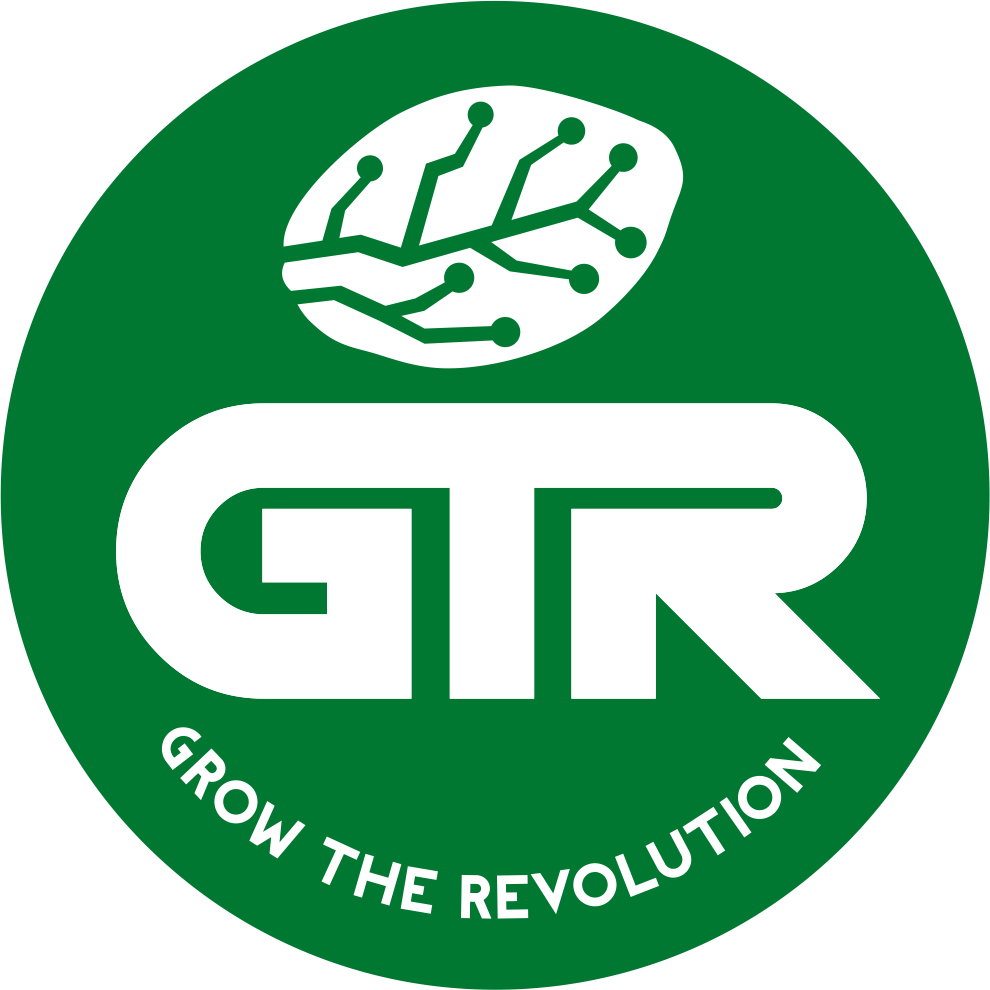
Comments
Thank you! I so appreciate demystifying the situation.
ALL ENDS 11/26 the hemp bill is going to be pretty much dead after that date hemp must be cultivated BEFORE IT EVEN THINKS ABOUT FLOWERING only stocks and leafs will be okay to make like clothing and so on….cbd is even on the chopping block because as said on 11/26 hemp cant bud or be transferred onto anything other then ruffage to eat turn into fabric and paper ect….also said only 1/4 of the farms will be allowed to grow…..honestly this will kill farming all together because the him was making up for the loss on all other produced crops :(
Glad I came upon this, Emery. Thanks for such a great summary.
You sound bitter about it
please allow me to um……
Turn myself in!
for what? Growing since 1967
Never dreamed it would come to this, but Im glad it did.
My body told me it was medicine back then and its medicine now.
Not bragging, just sayn….
Age 72 in perfect health and take no perscriptions now or ever except
vicodin a few times for injuries and one round antibiotics in 24 years.
ive recently bred Lifter Hemp to a high cbd Sativa and its wonderful!
I vape the buds at 175-190 degrees with a magnetic induction cooktop.
Zero coughing and wonderful terps.
Great great descriptor. Finally. Understand. It’s the exact same Bud as our bud, Bud.
Growers just get it tested early/pre-harvest b/c that’s when about all the THC is technically still in its normal “THCa” stage. Then they can say “nothing to see here, we just offerin’ the Hemp”.
That said I’m not complaining I’ve been able to find good quality & decent prices. (And my state hasn’t even passed Medical MJ, so nothing but black market options until this loophole.)
Lastly it was good seeing yer info on THCv I’ve samples once & really liked. QUESTION- Regarding Delta 8 THC (sorry to bring yet another cannabinoid into this combo). I like it, also referred to as Weed-Light. Will there ever be strains that are naturally high in D8? Thank you!
Great write up.